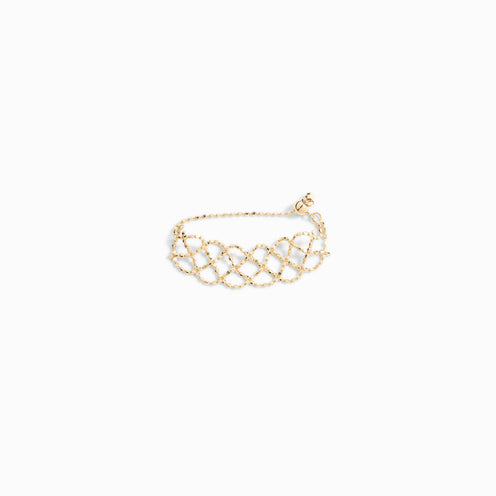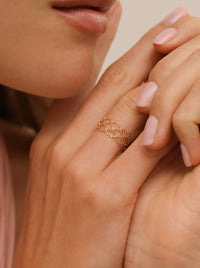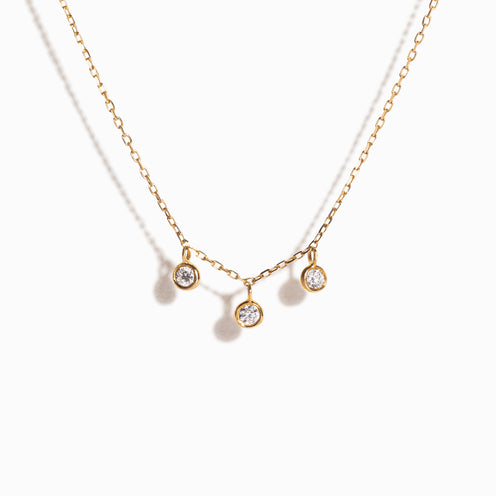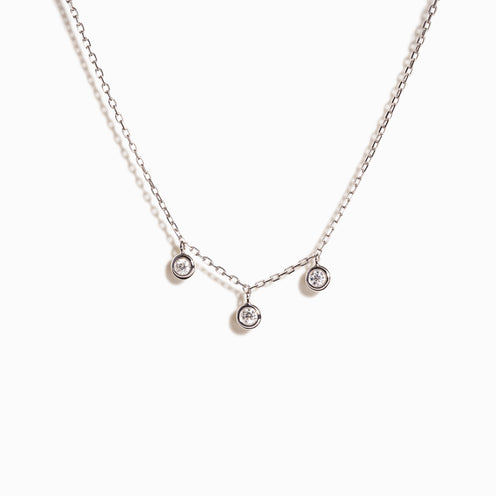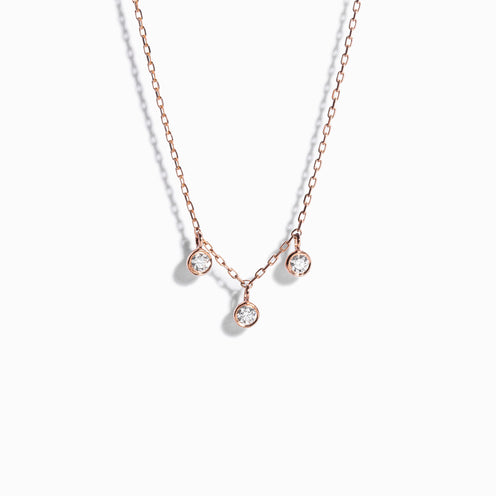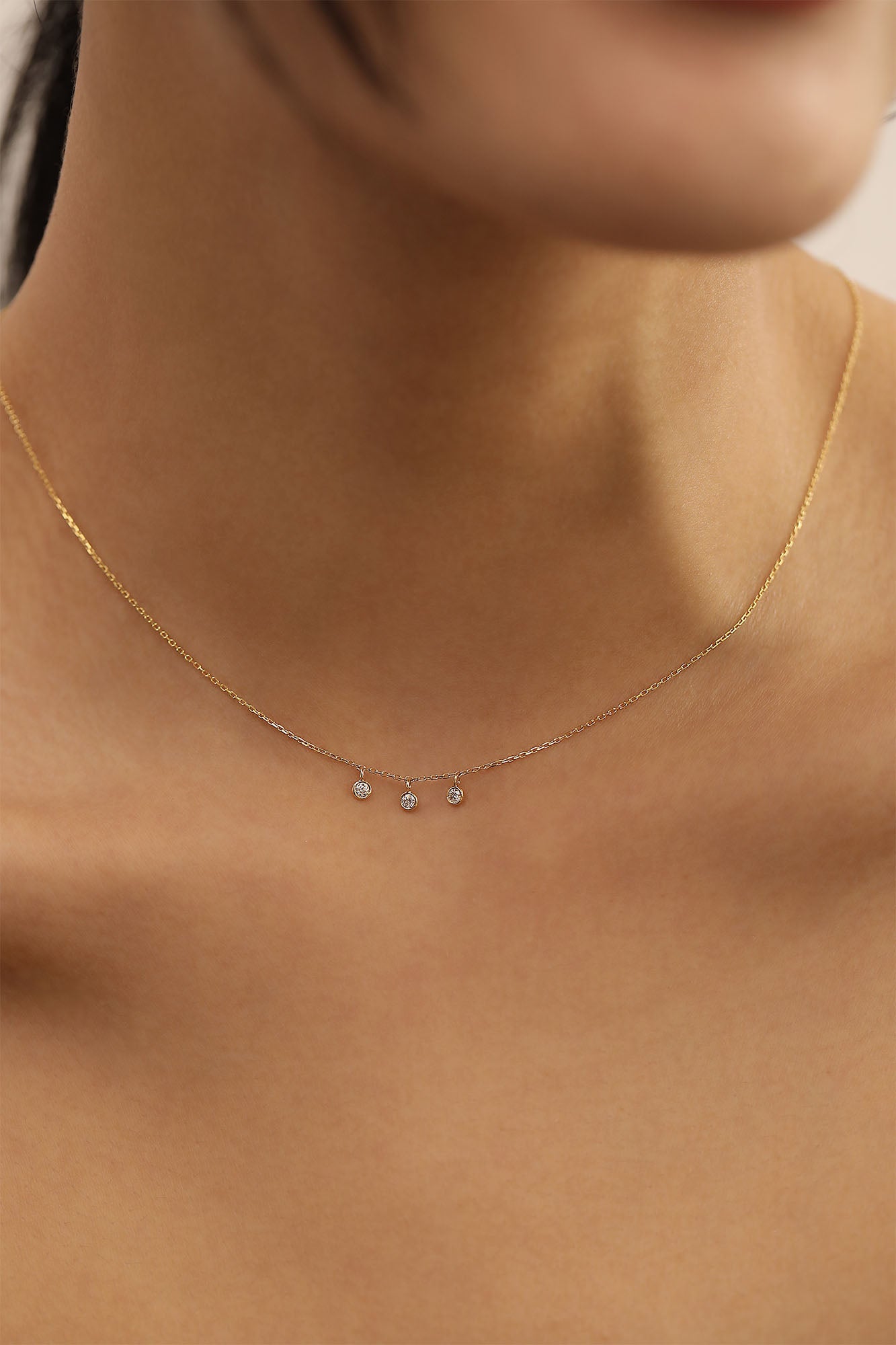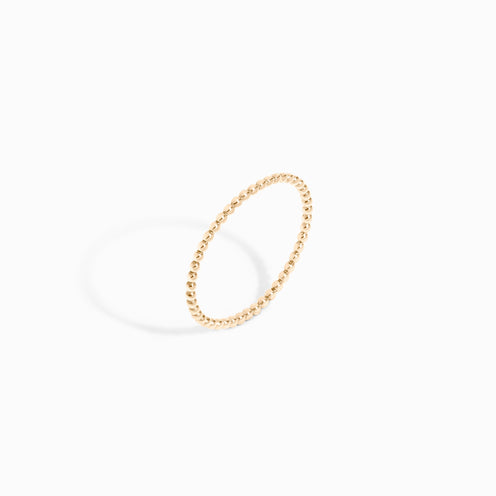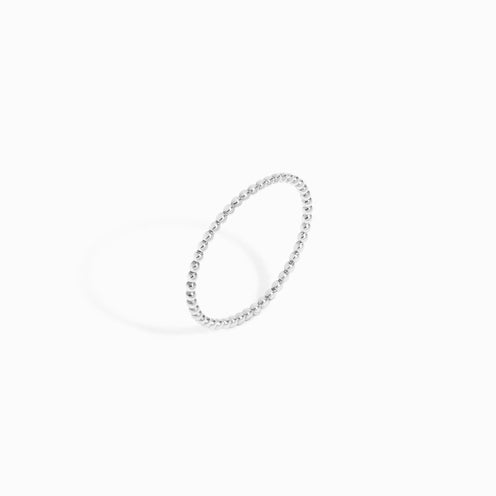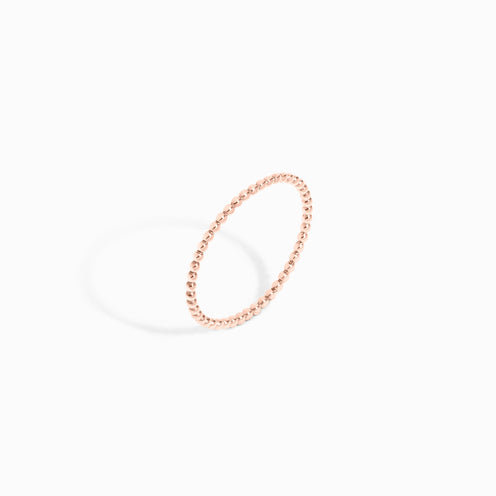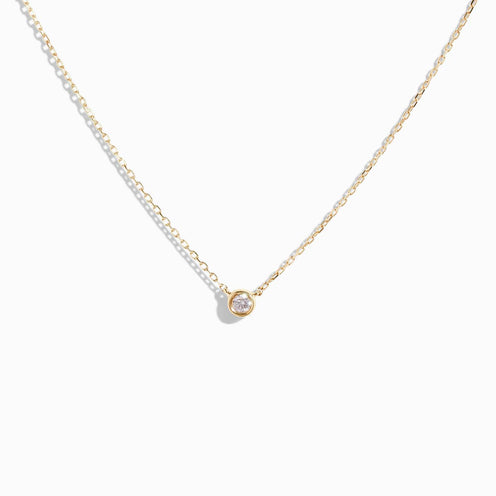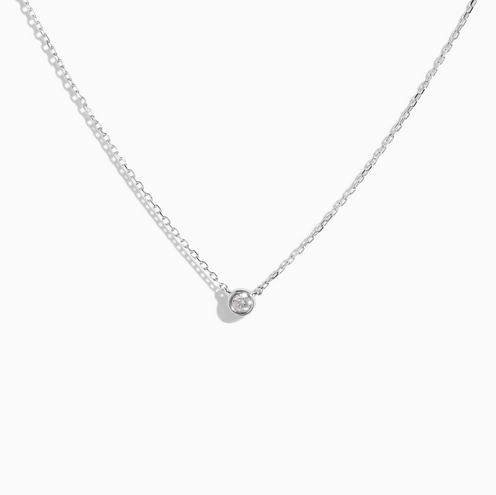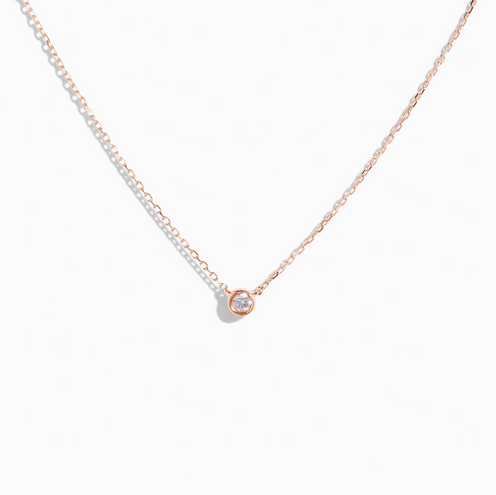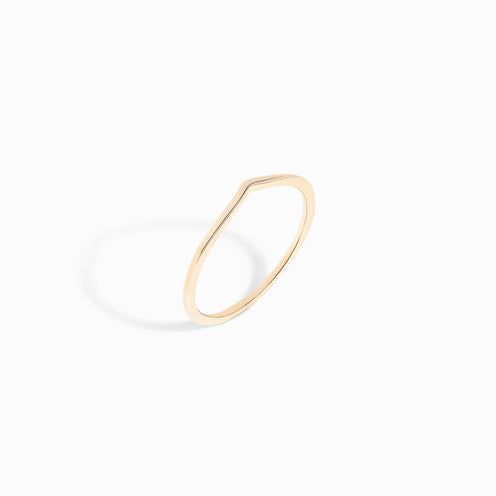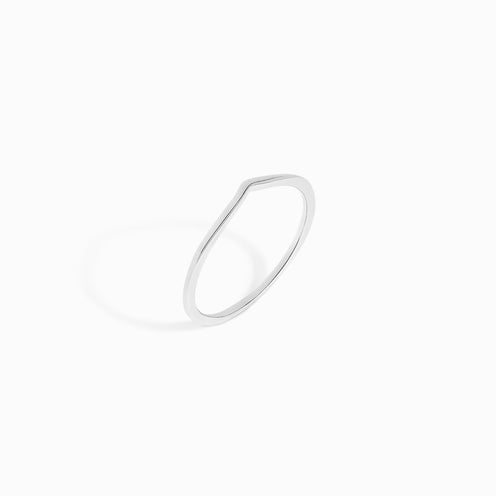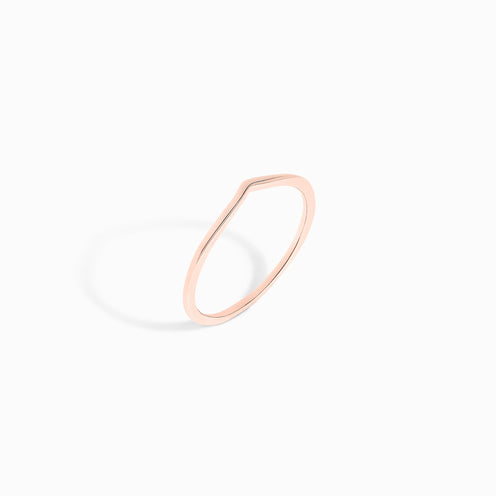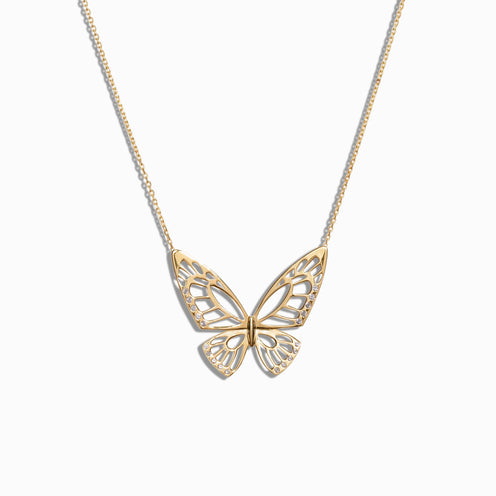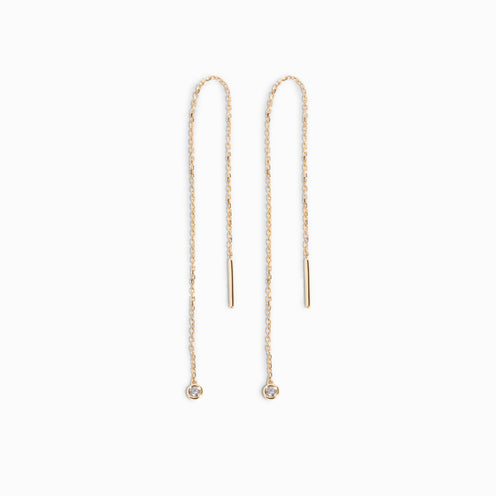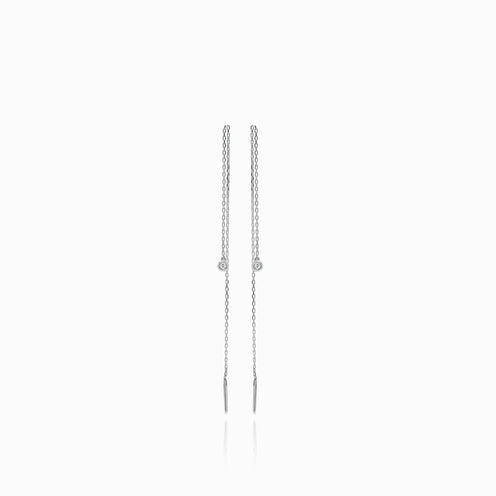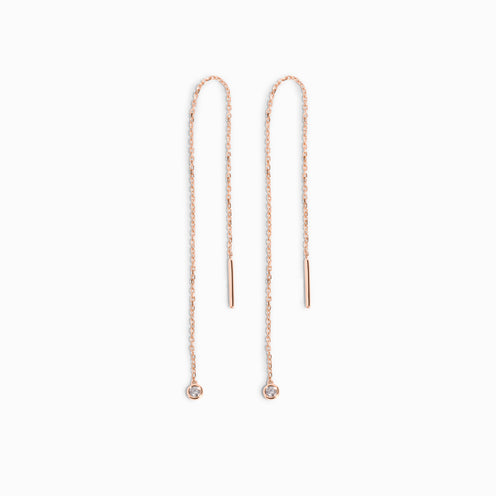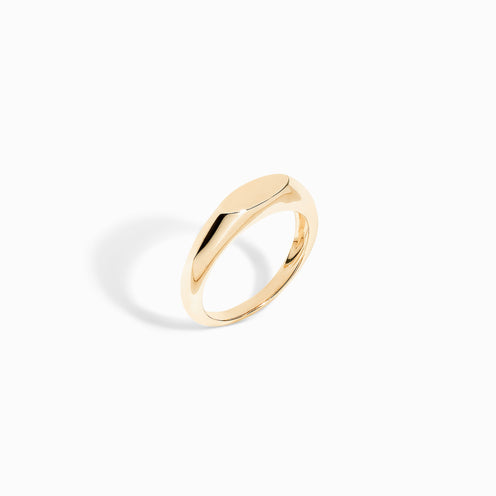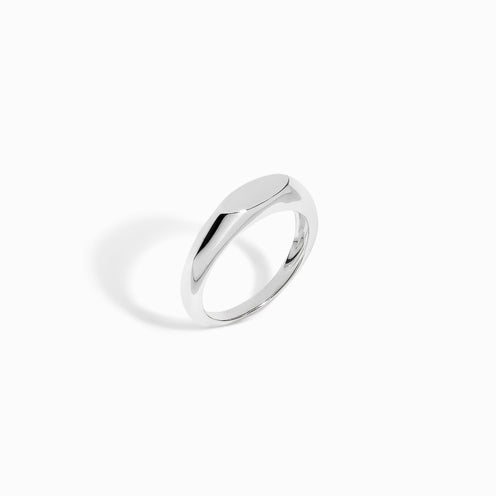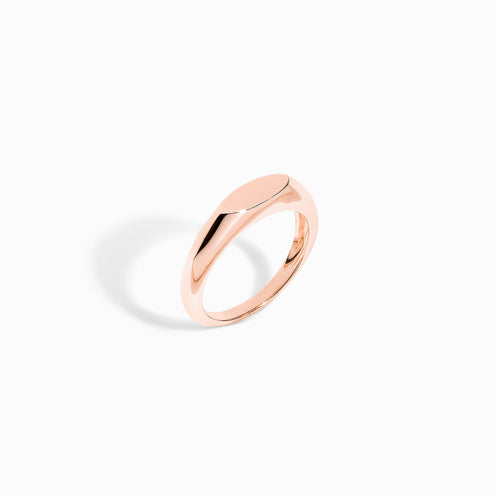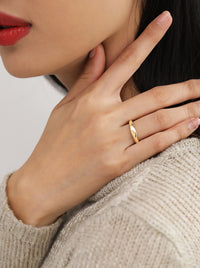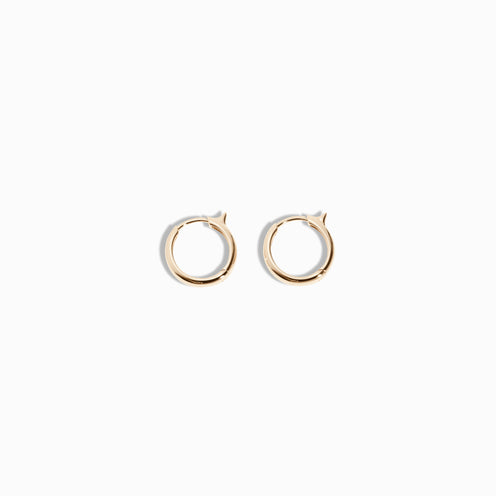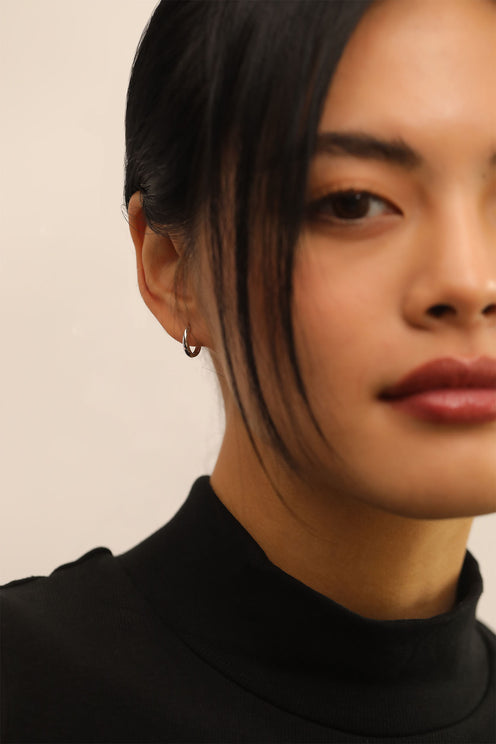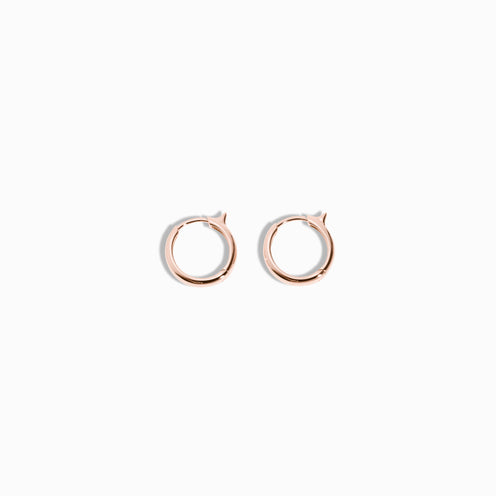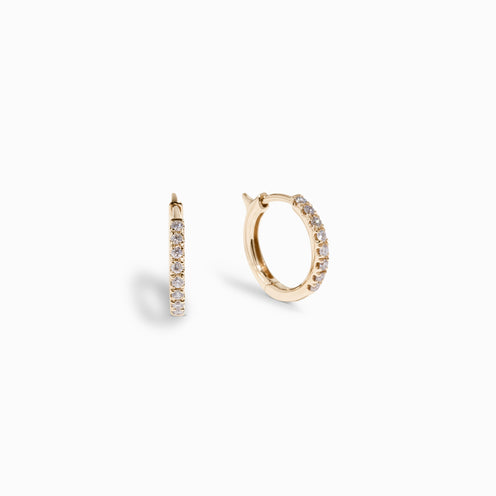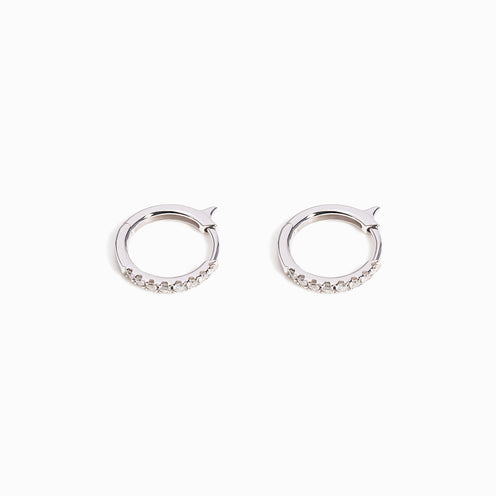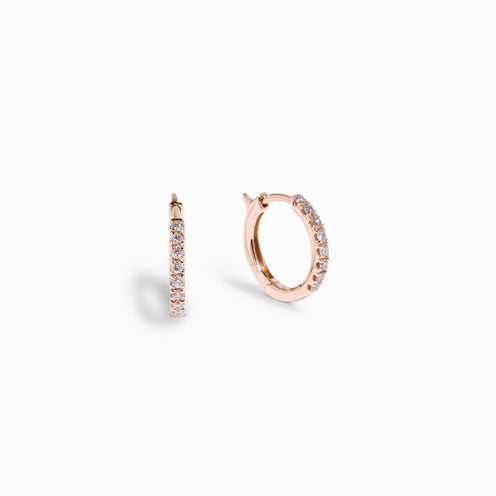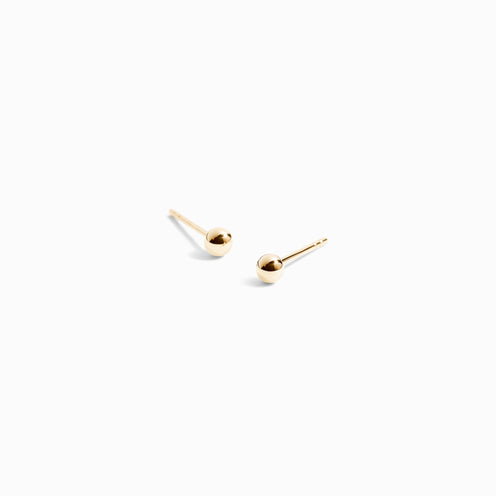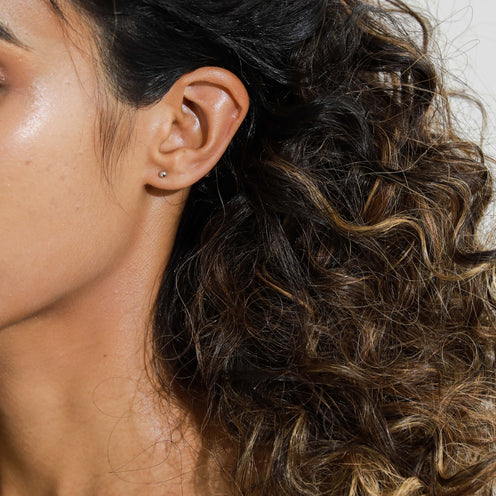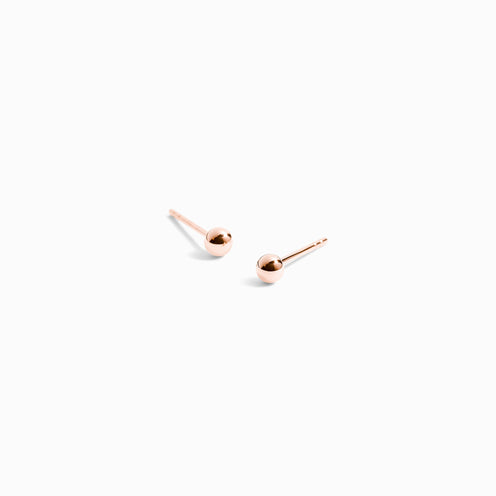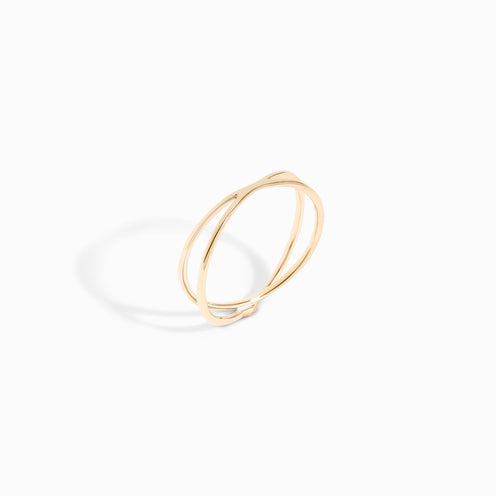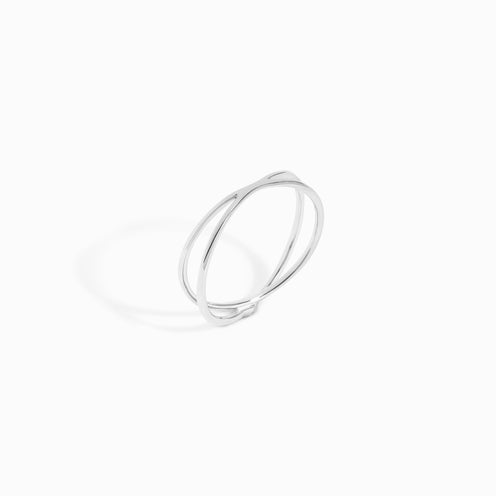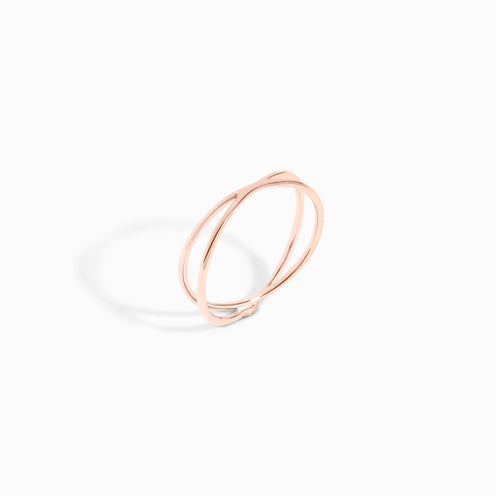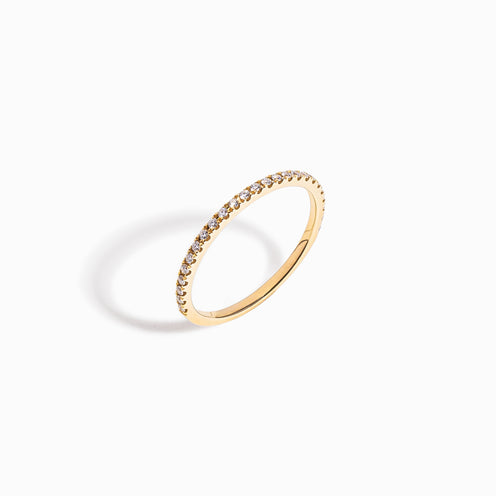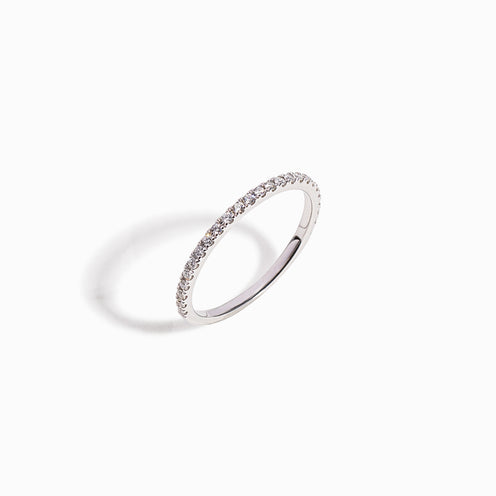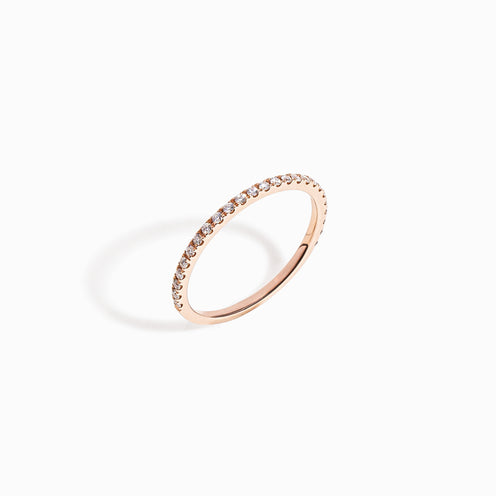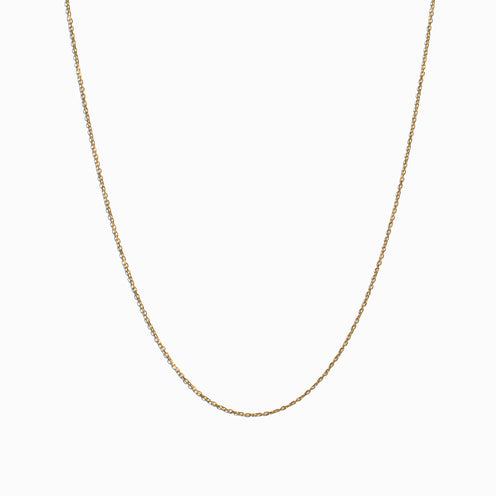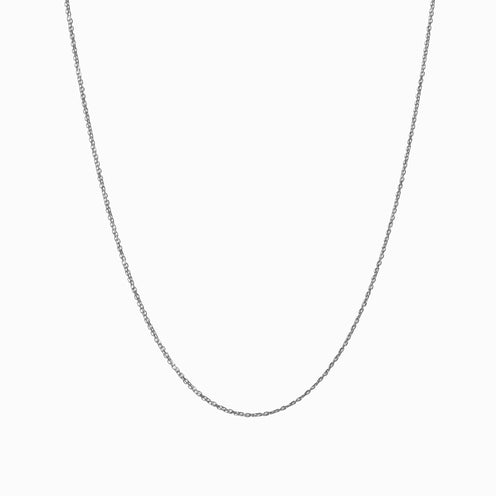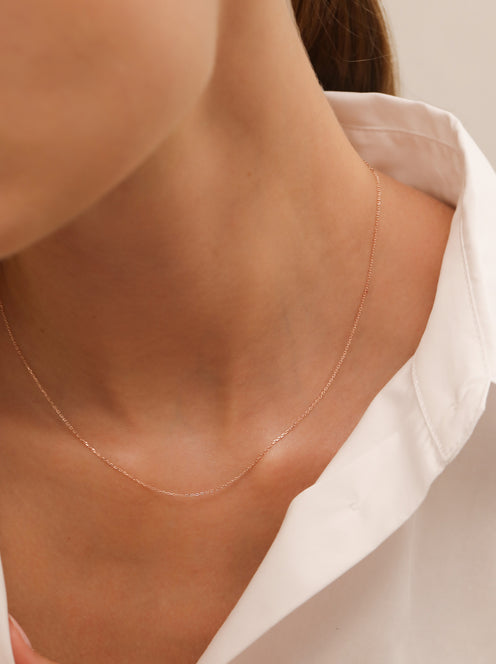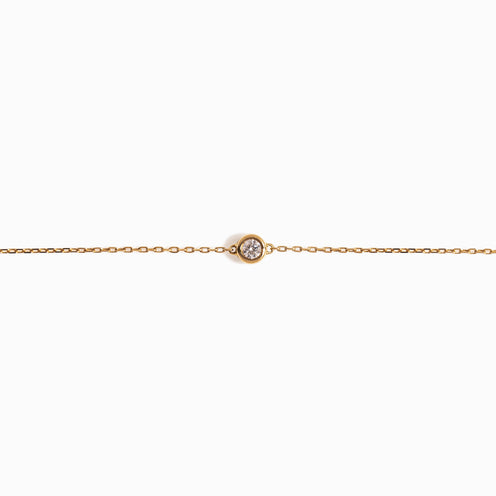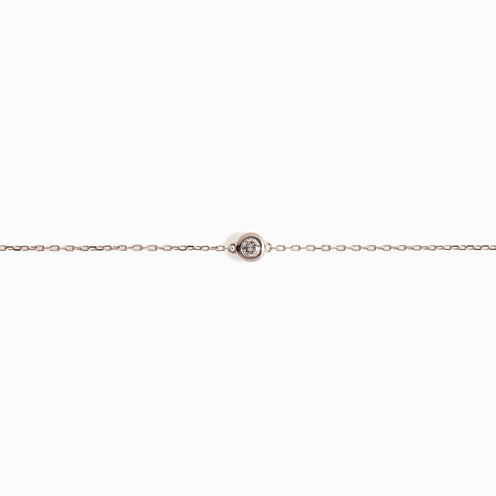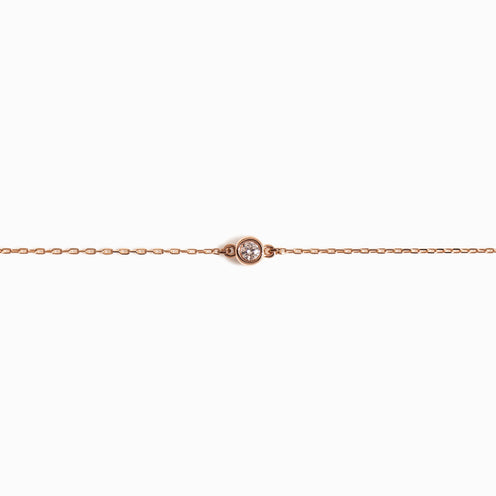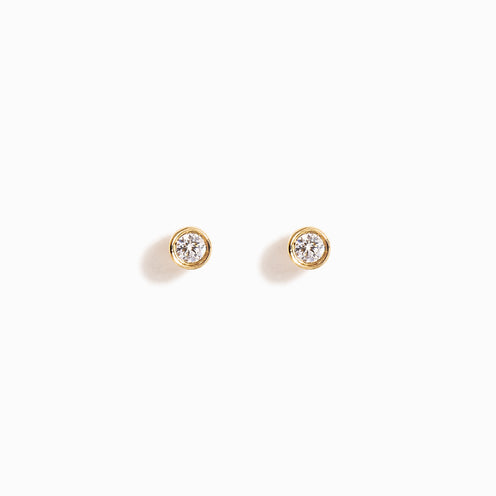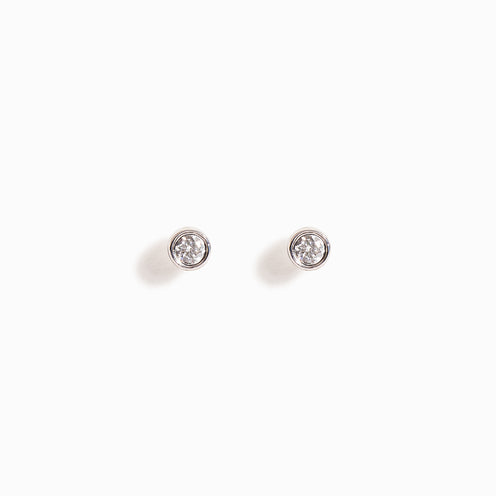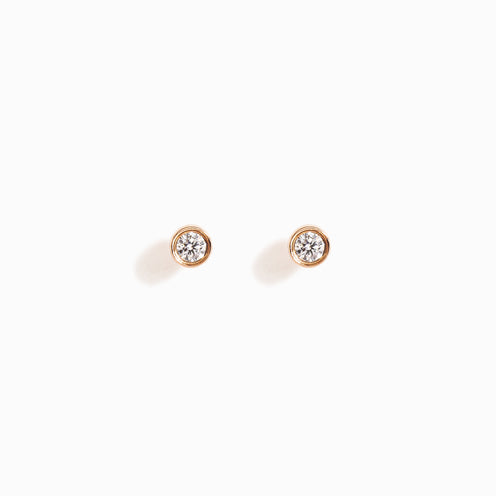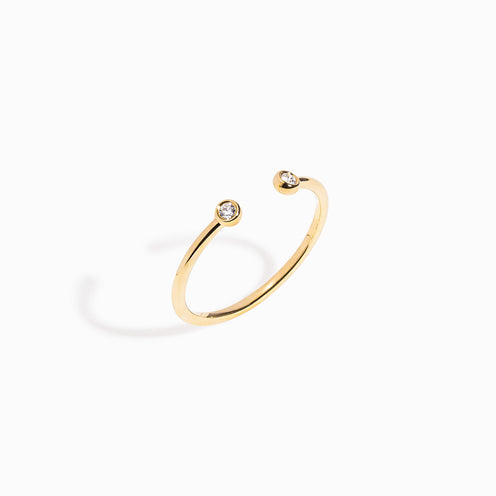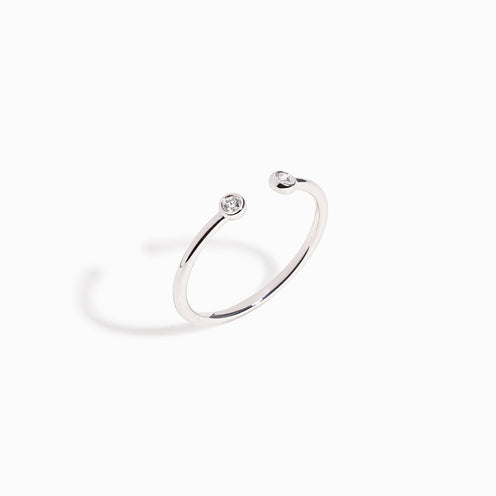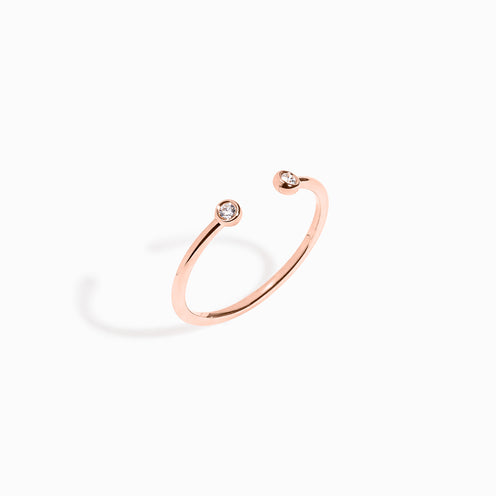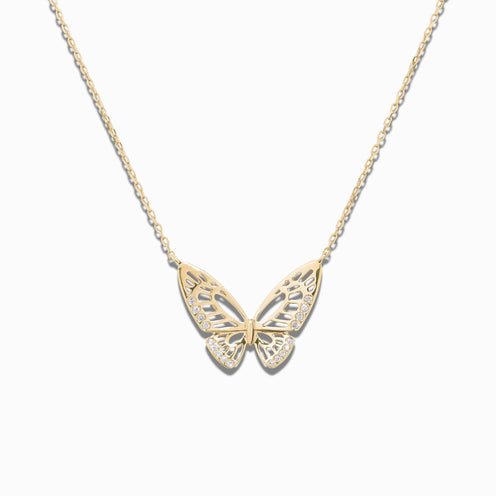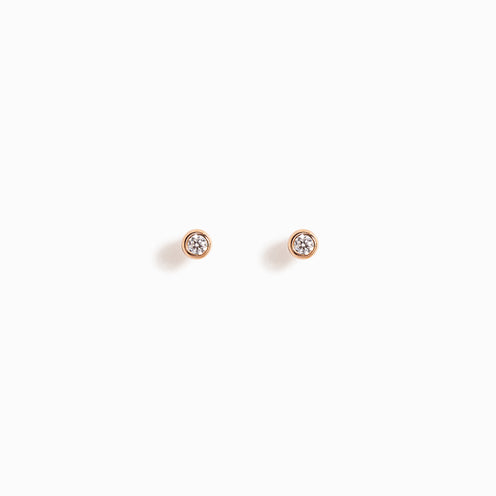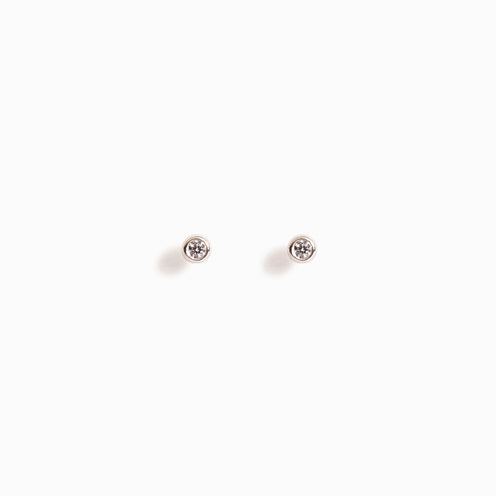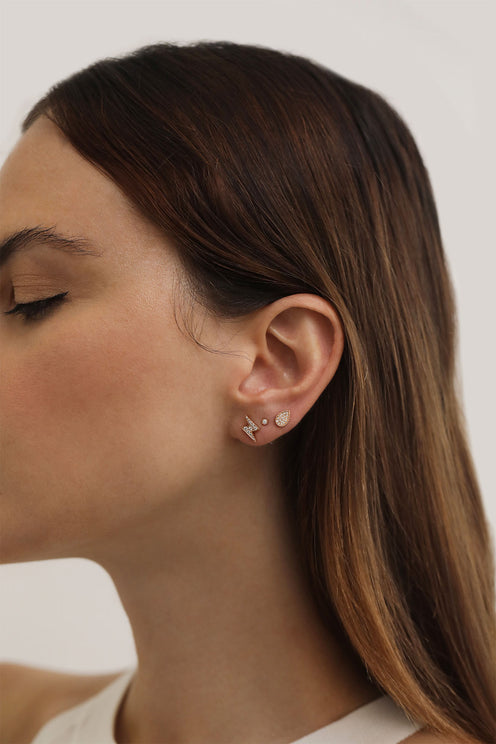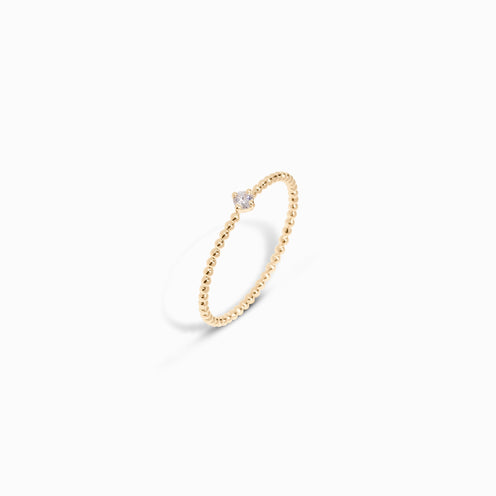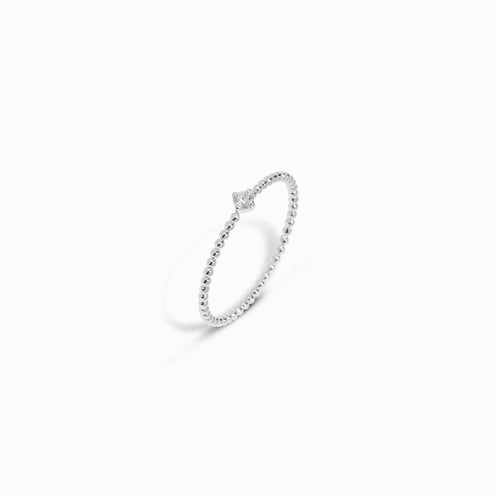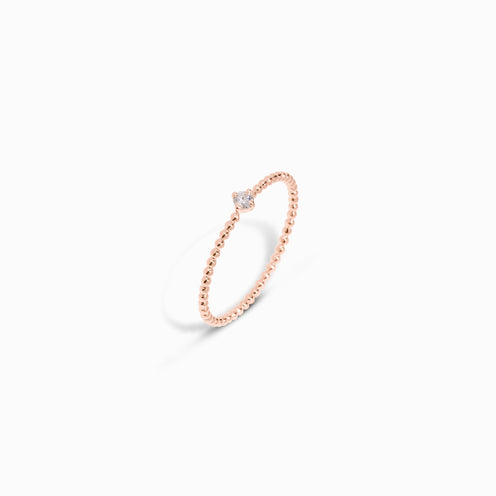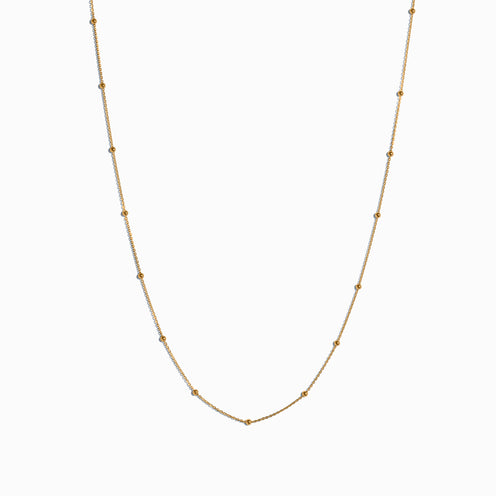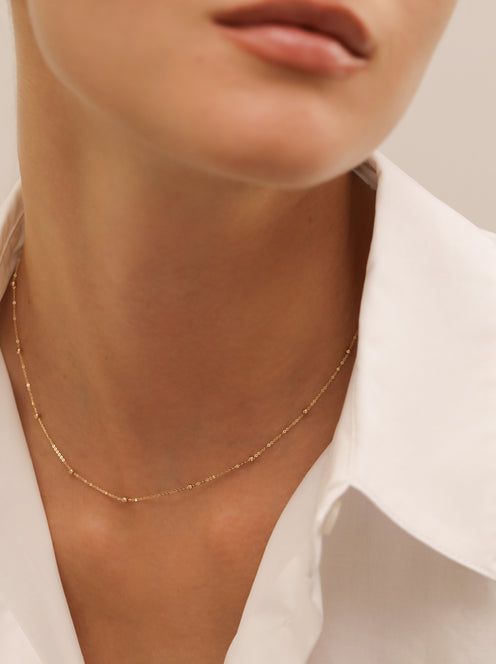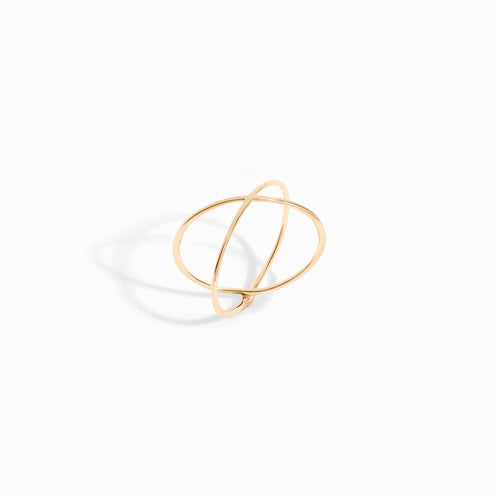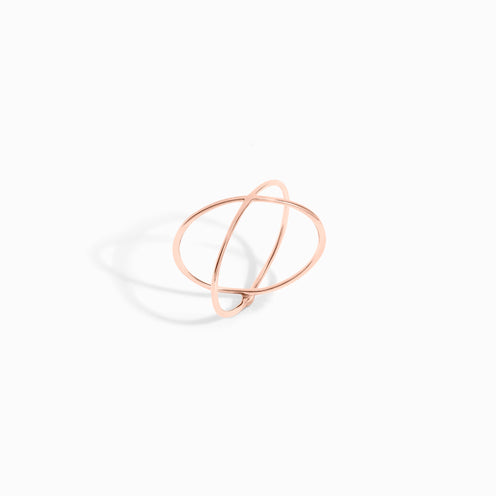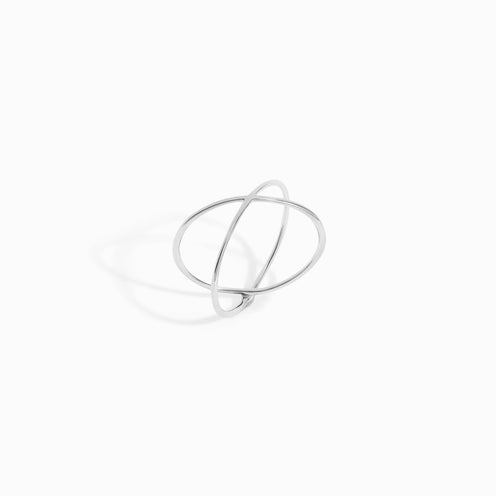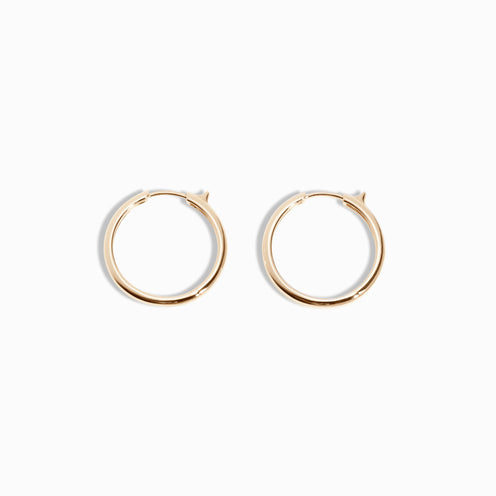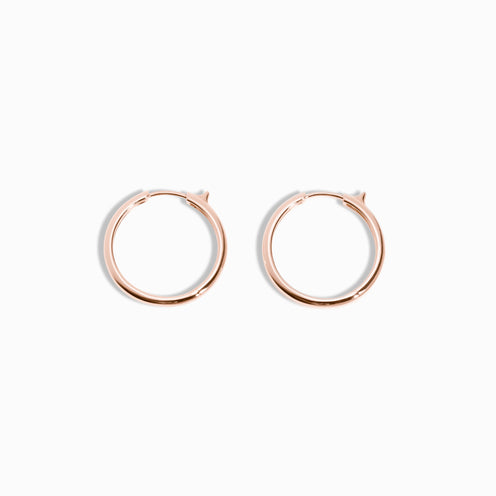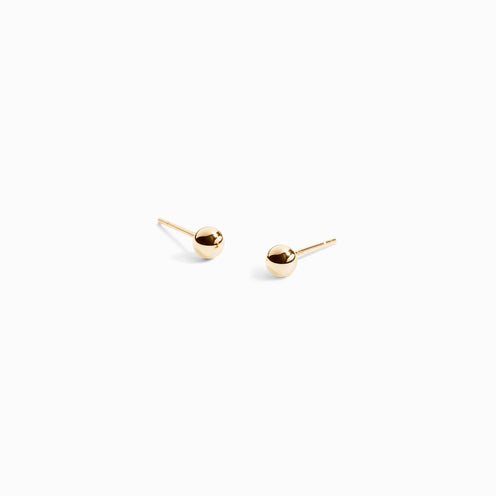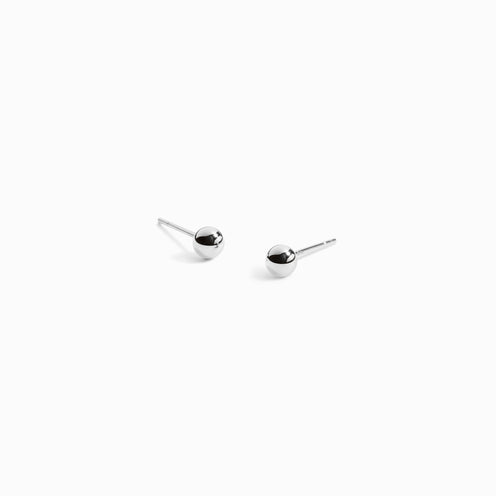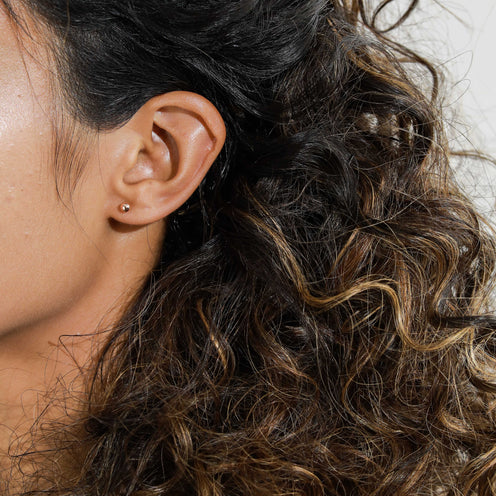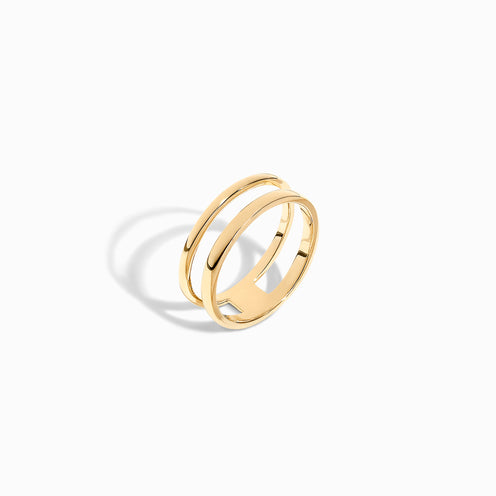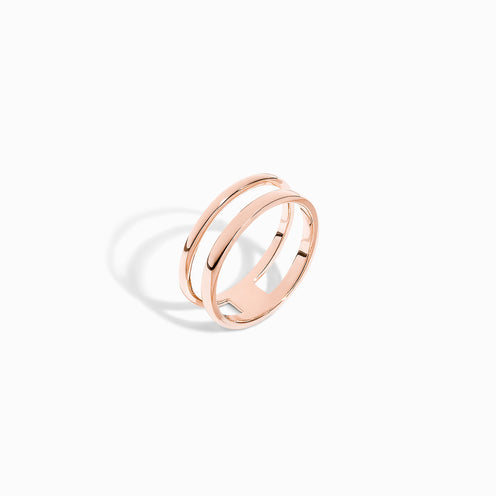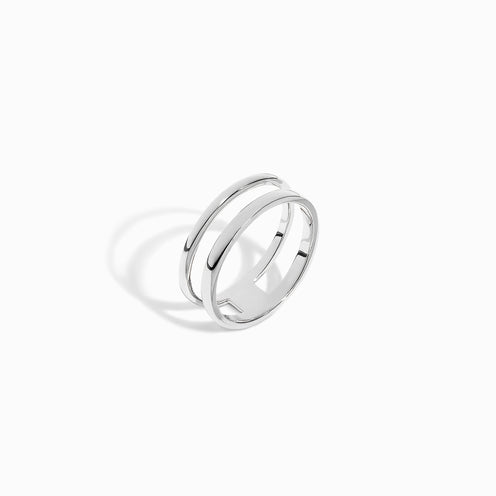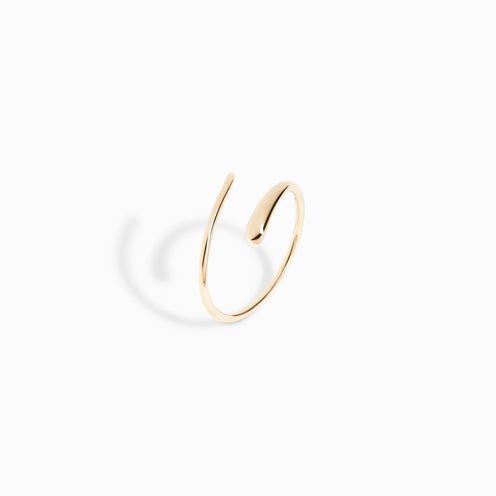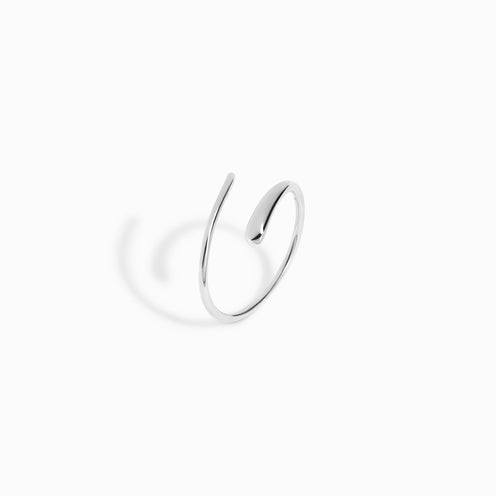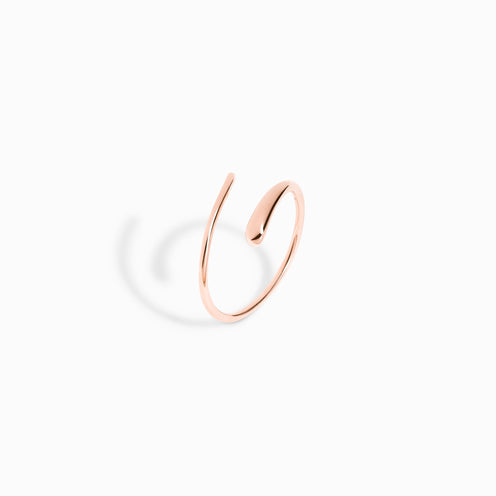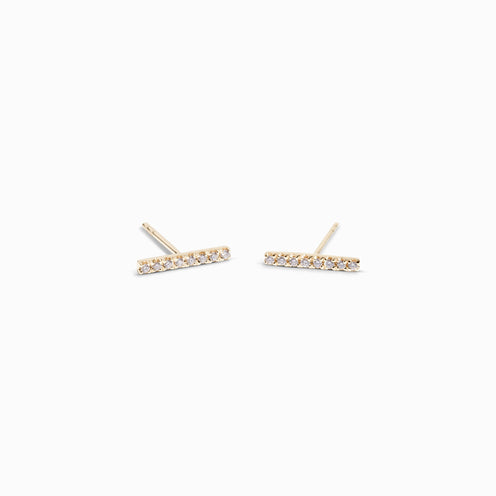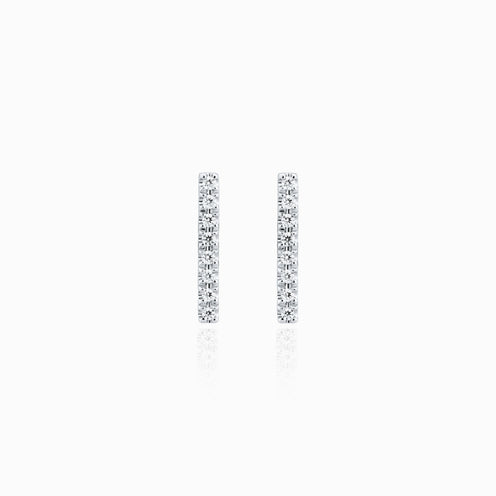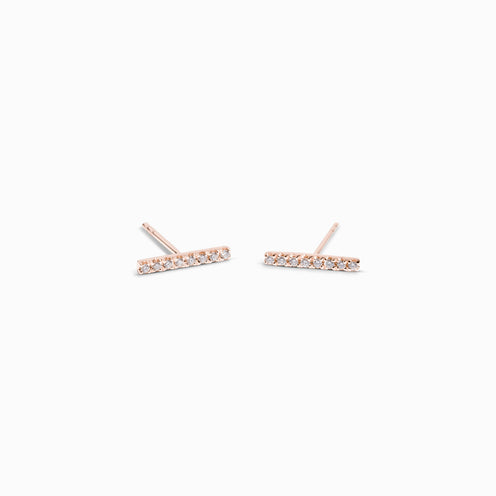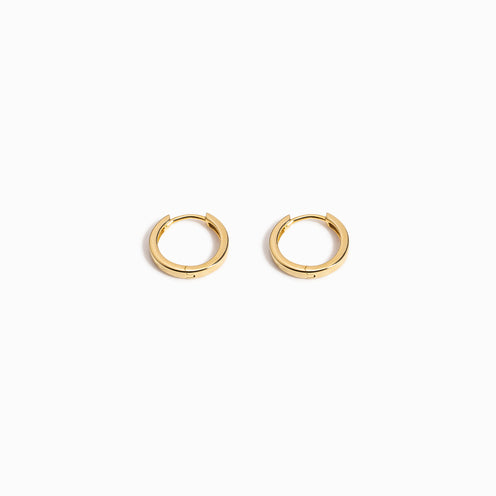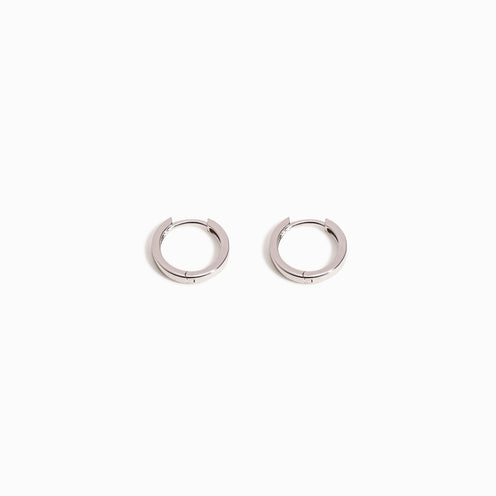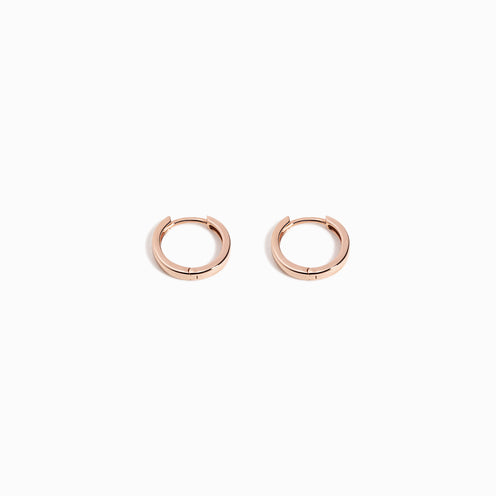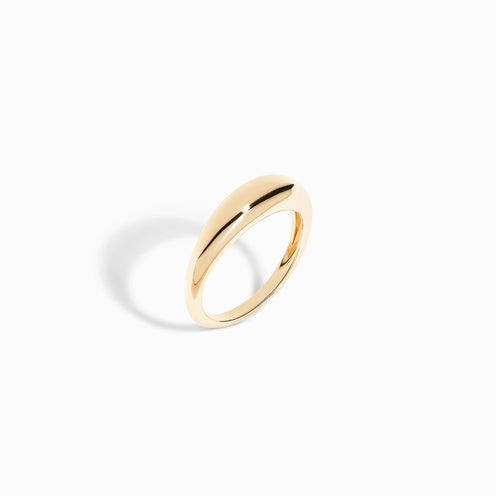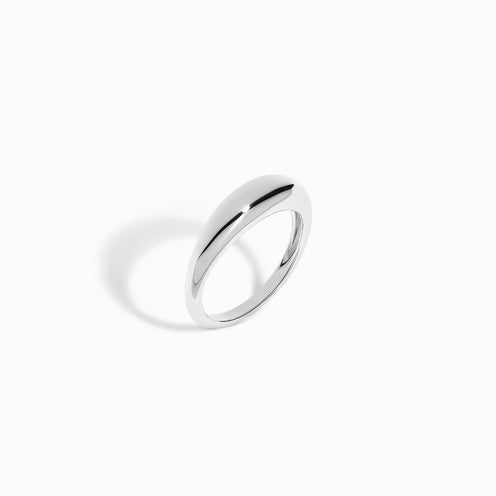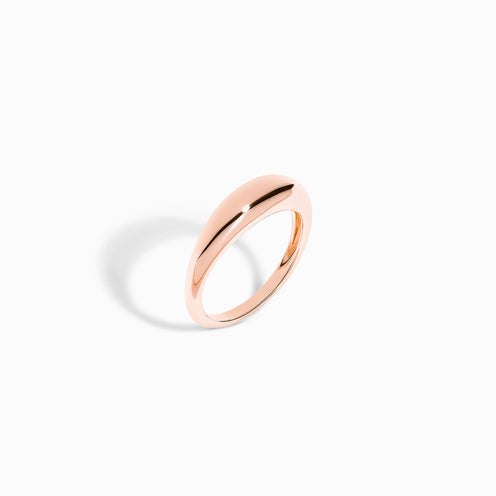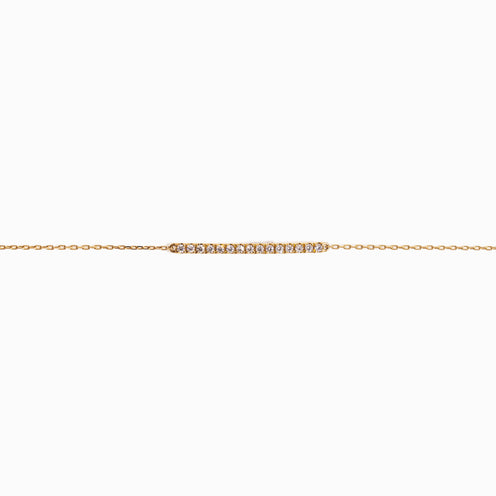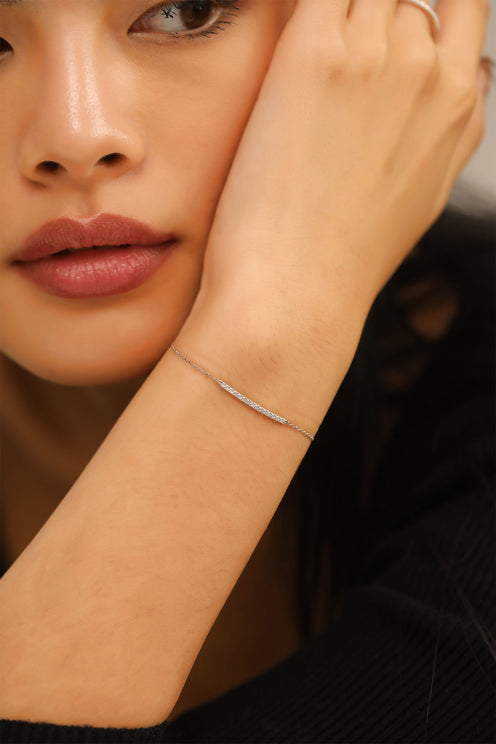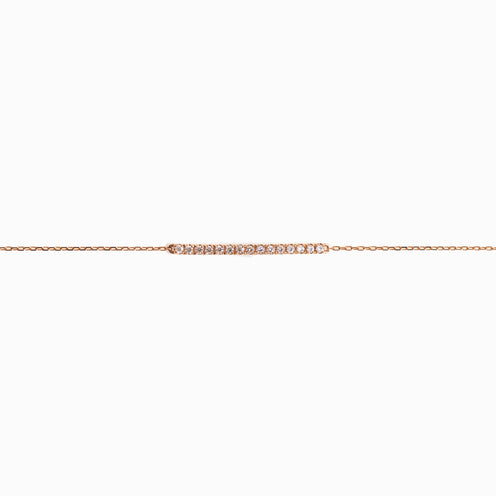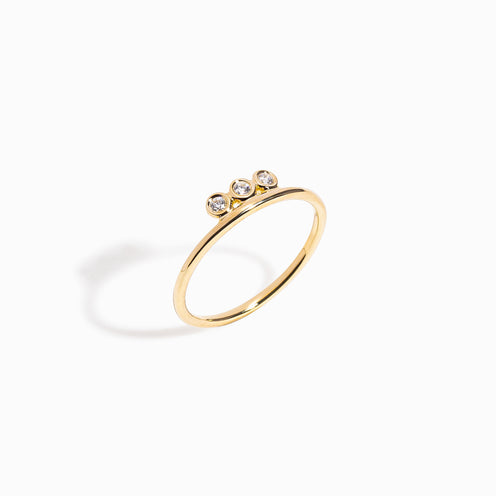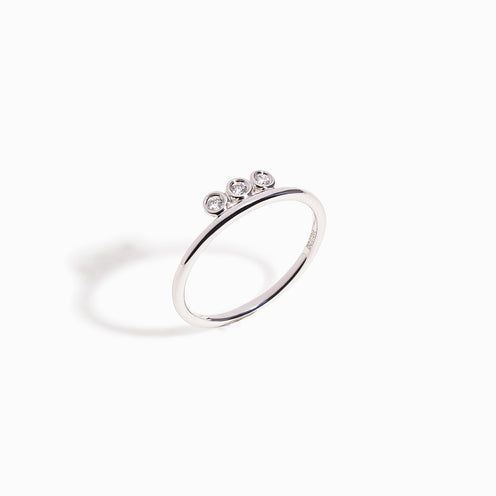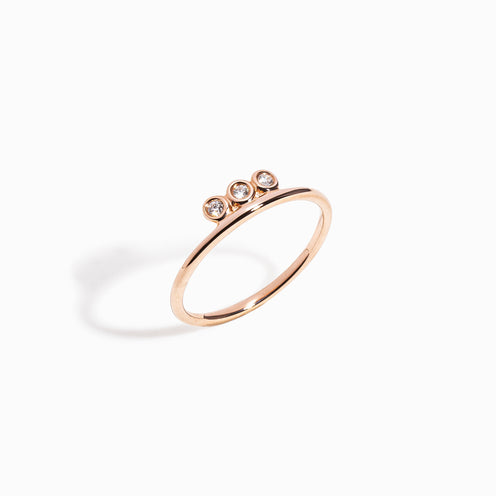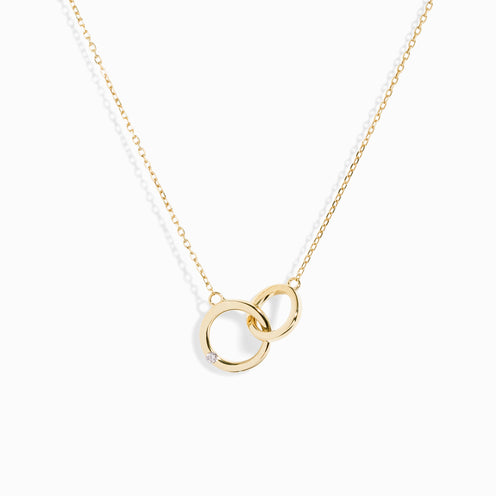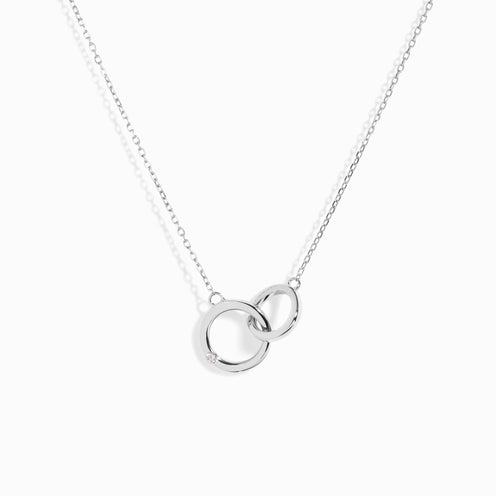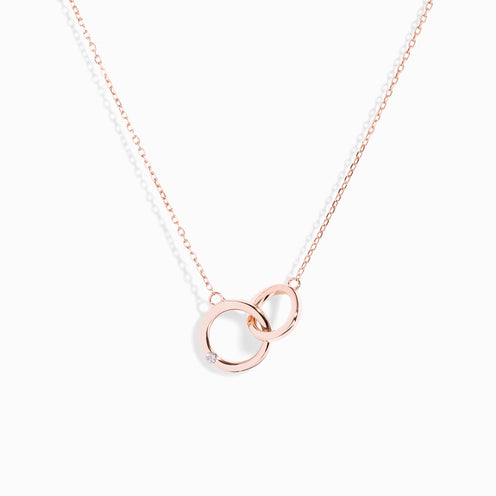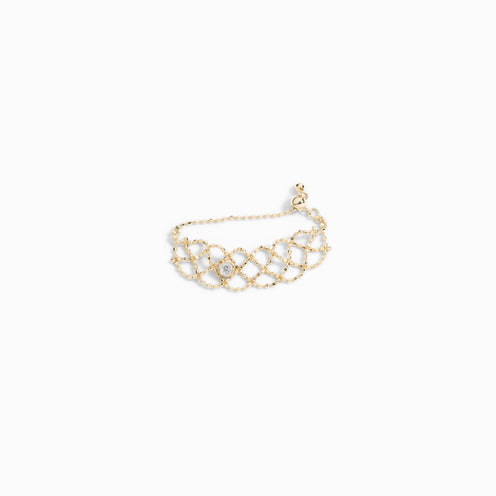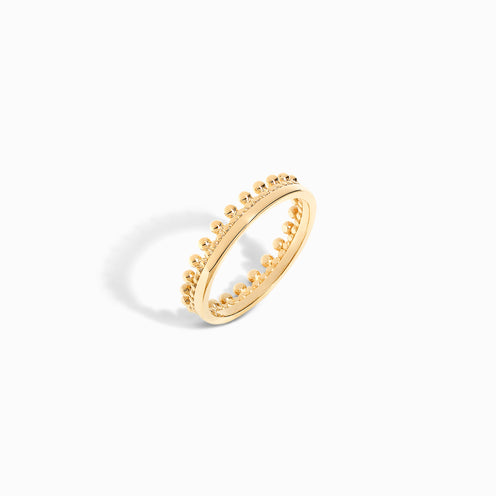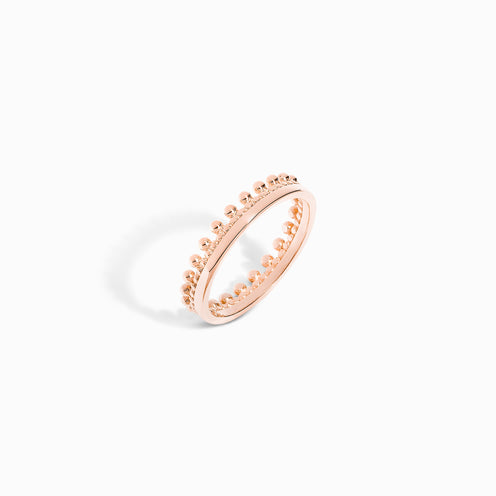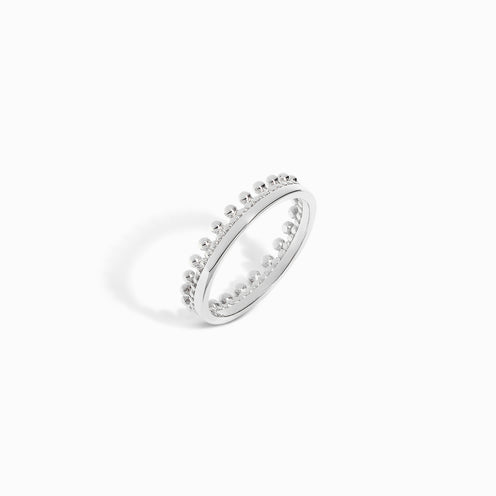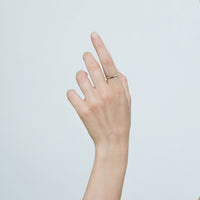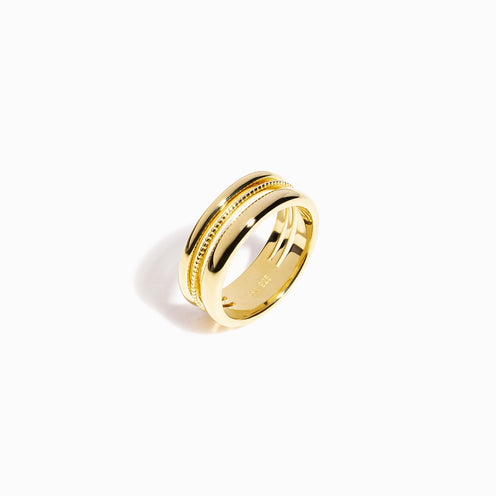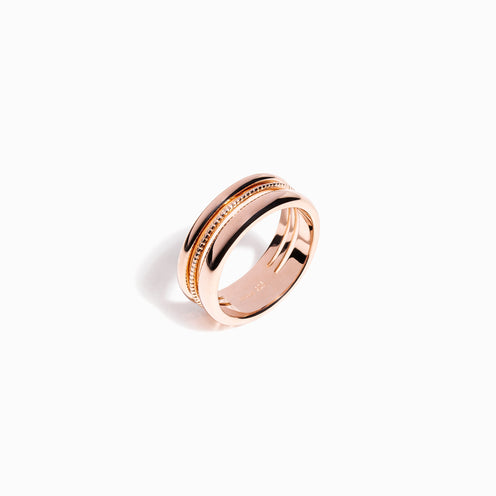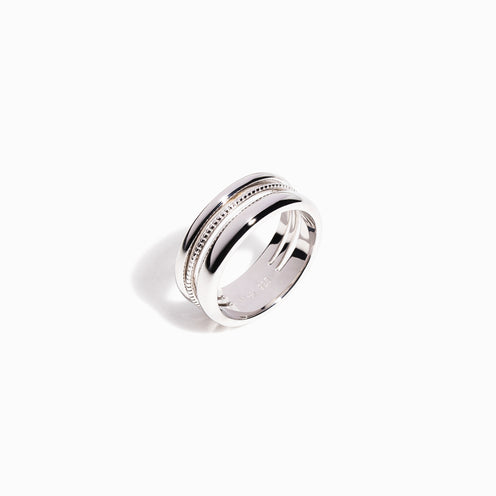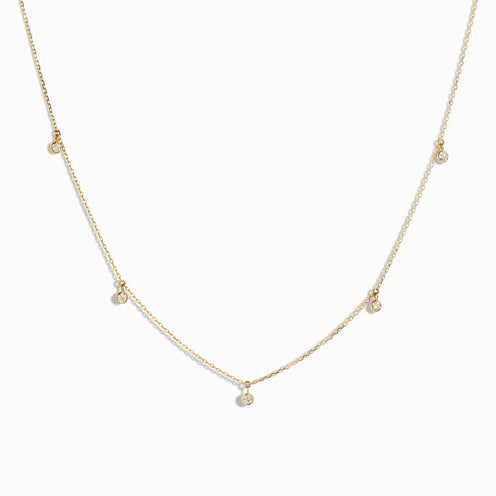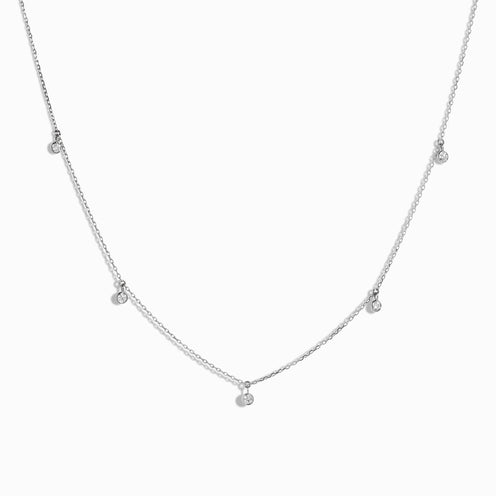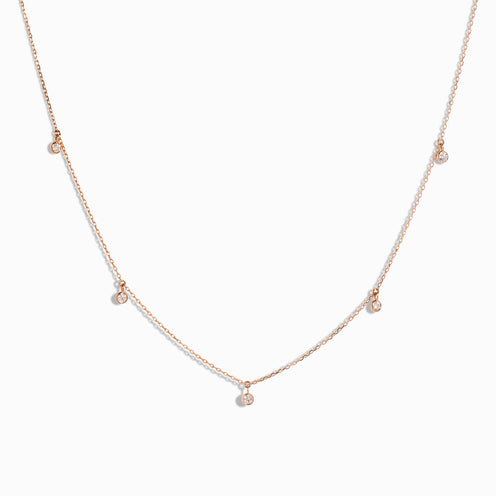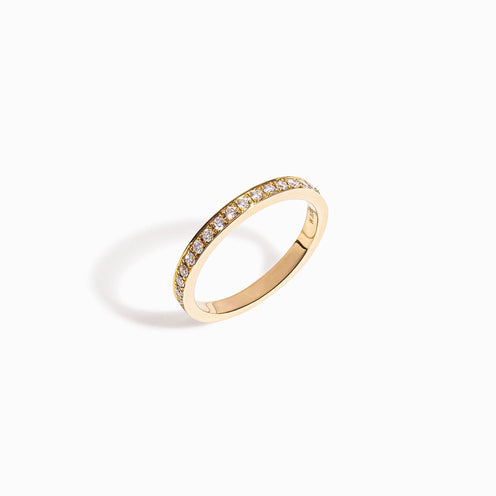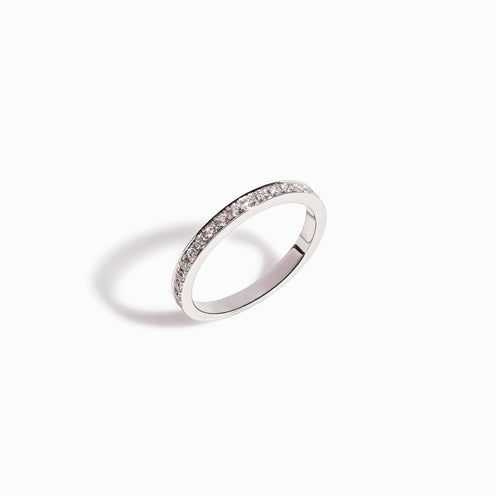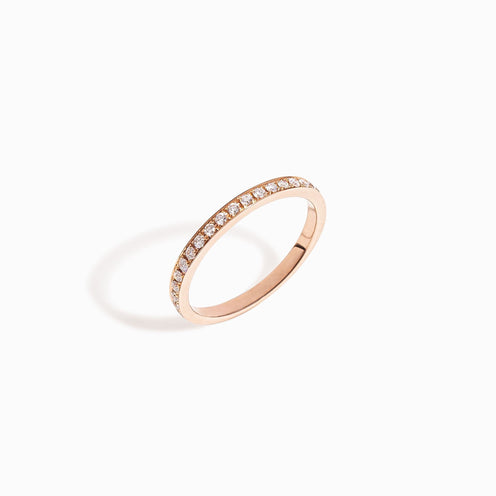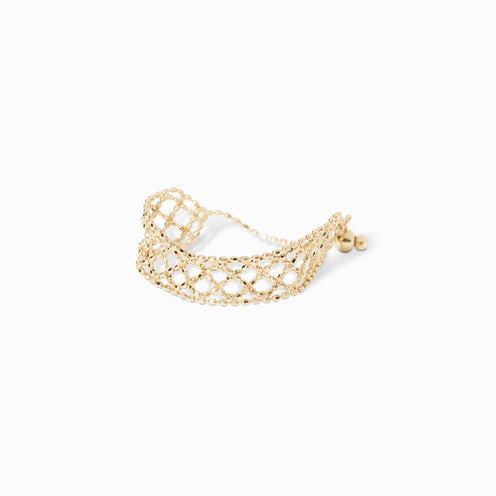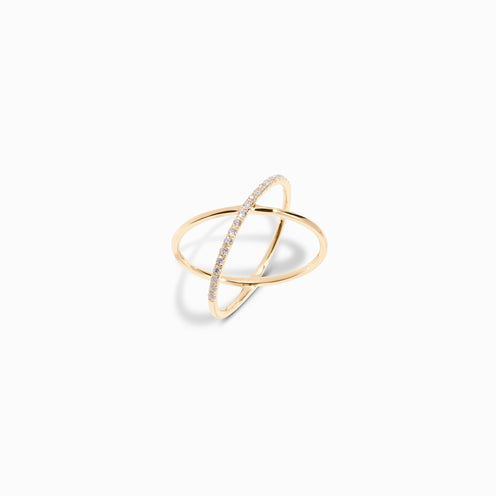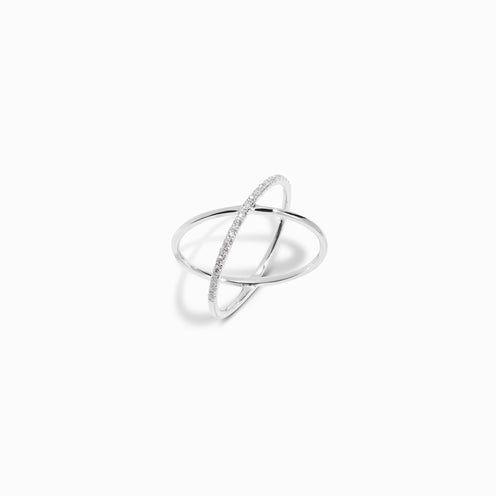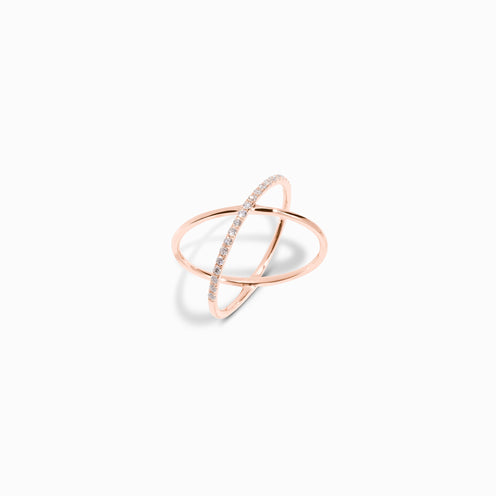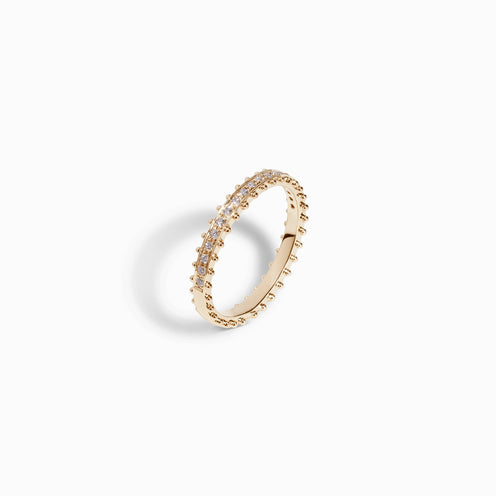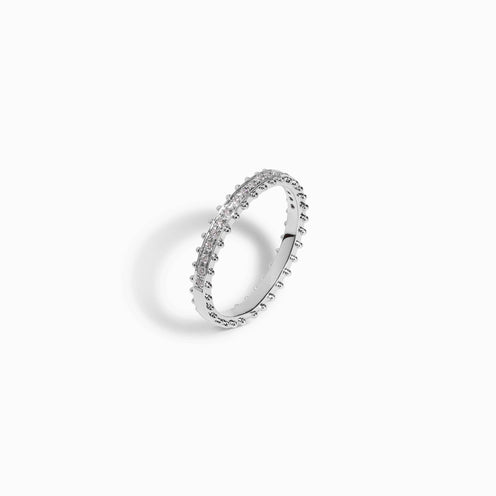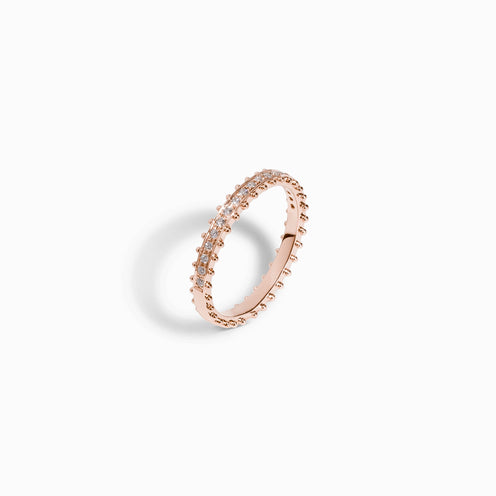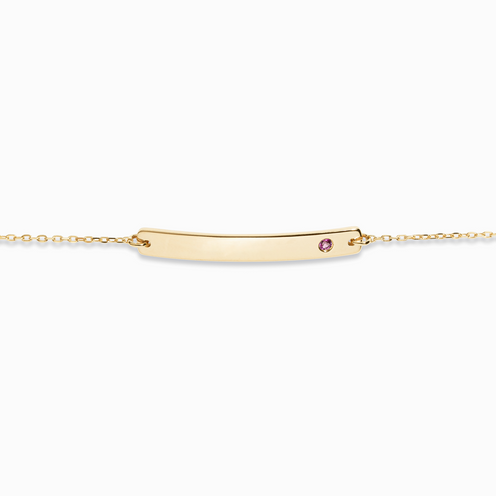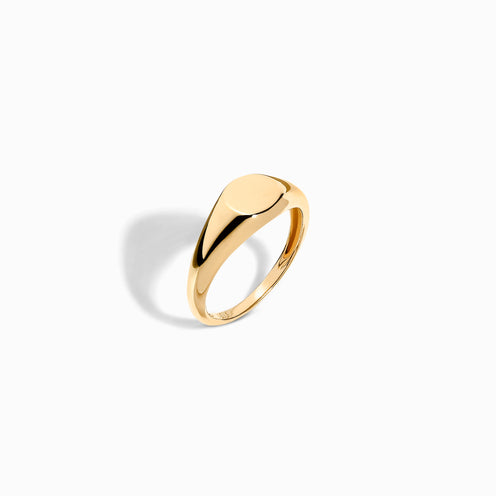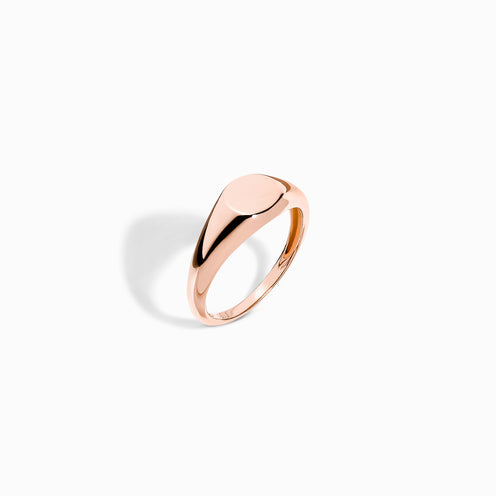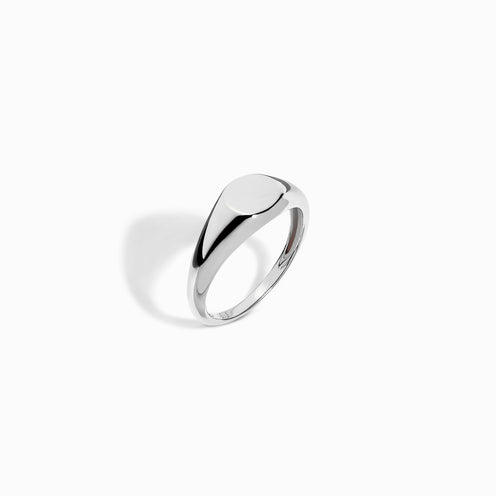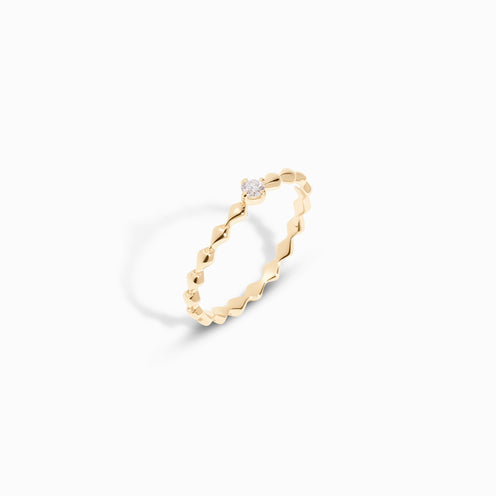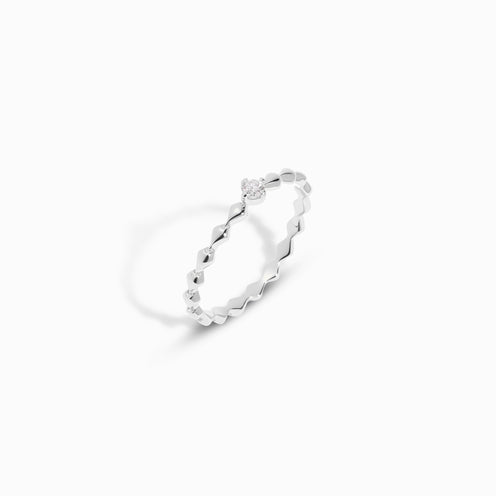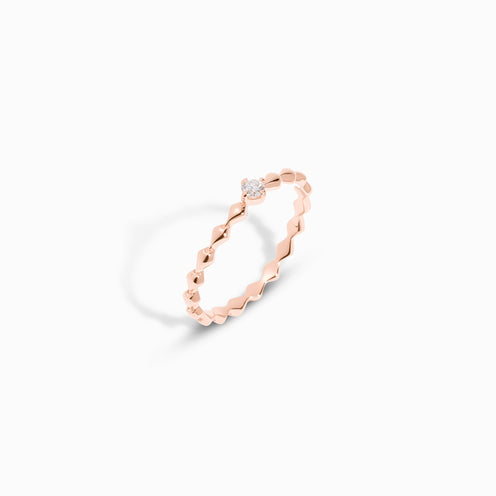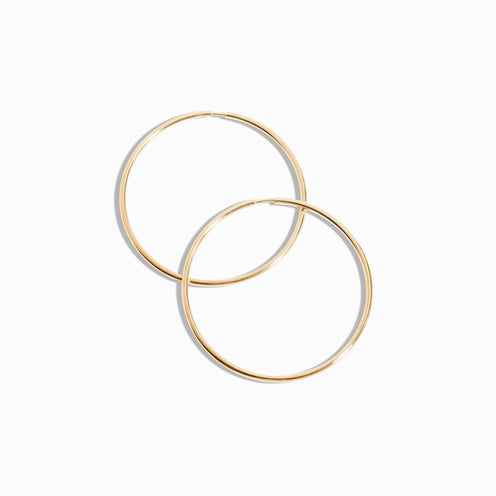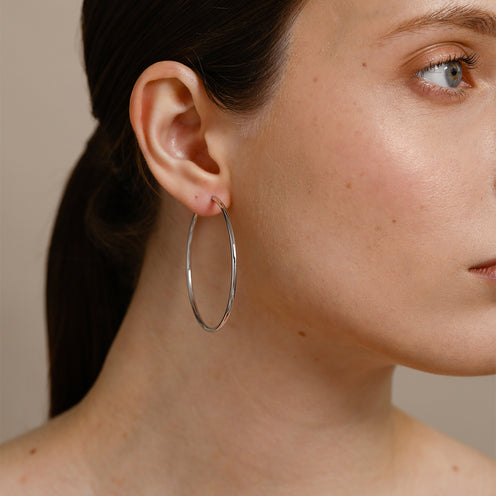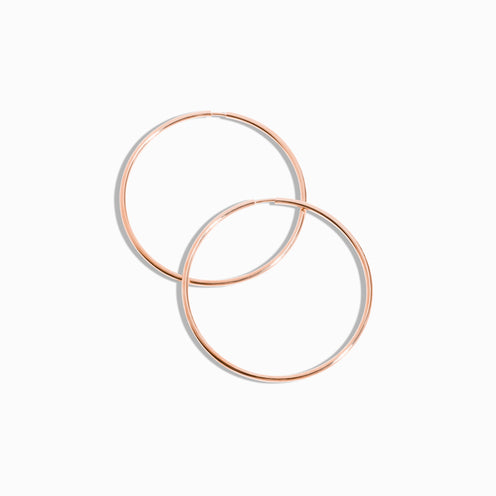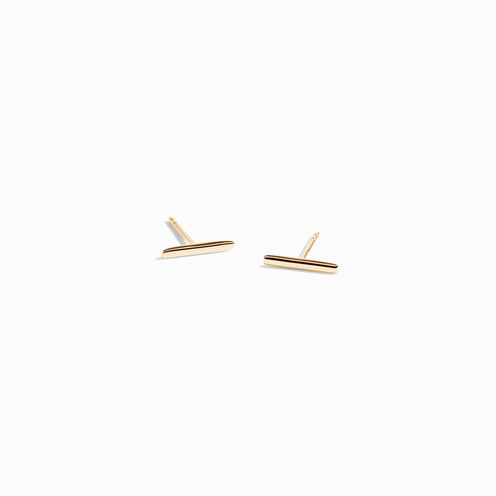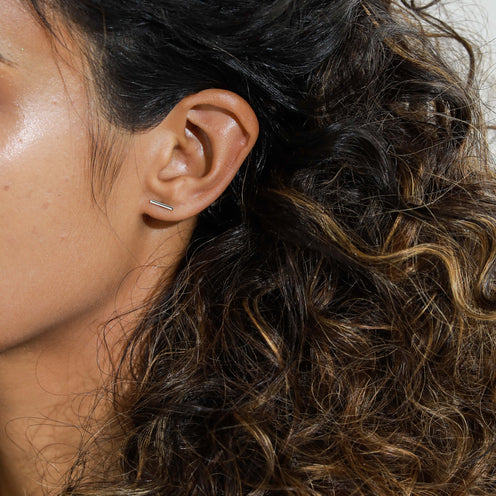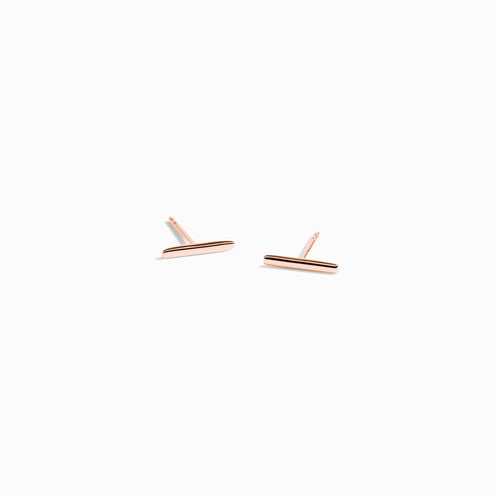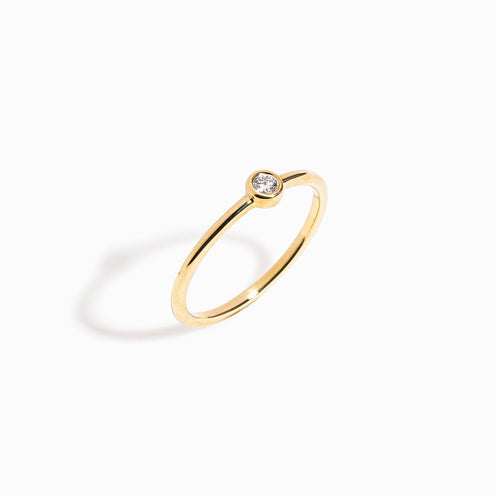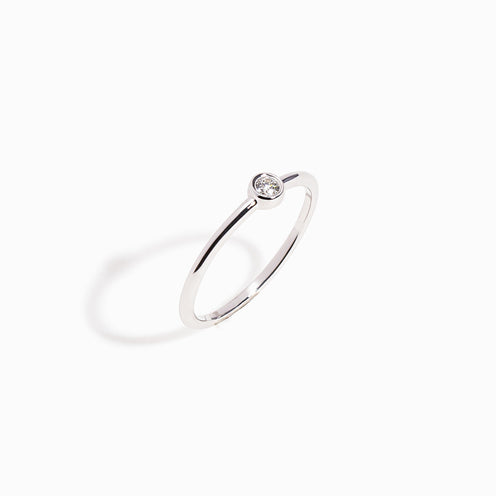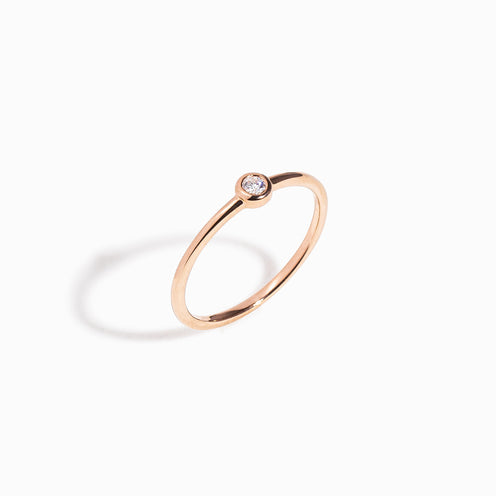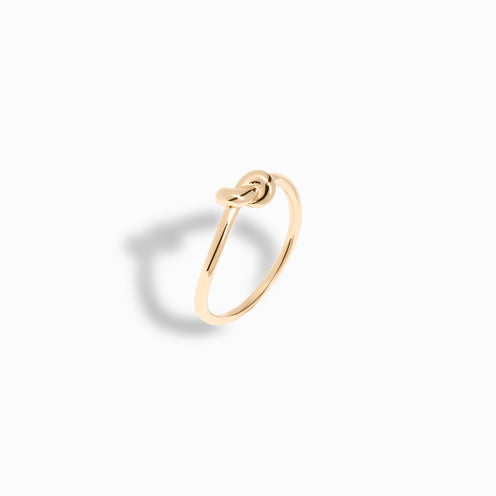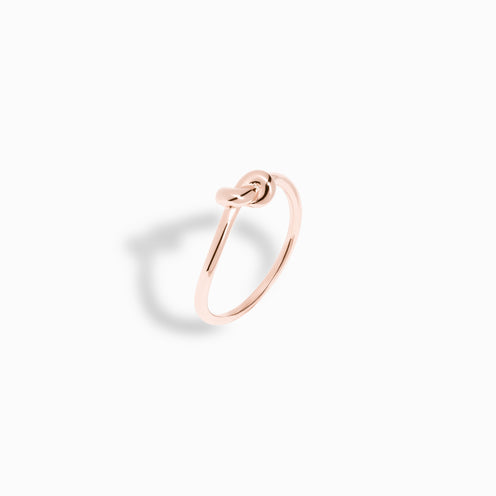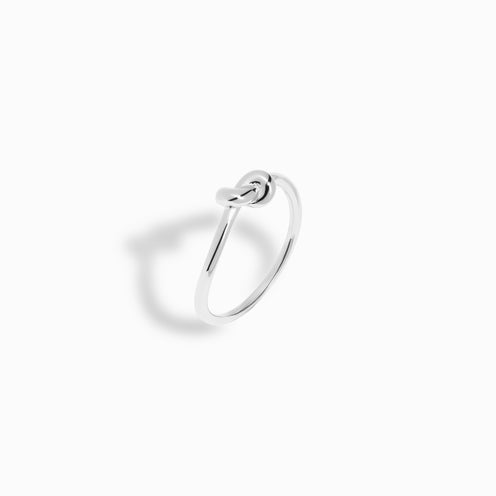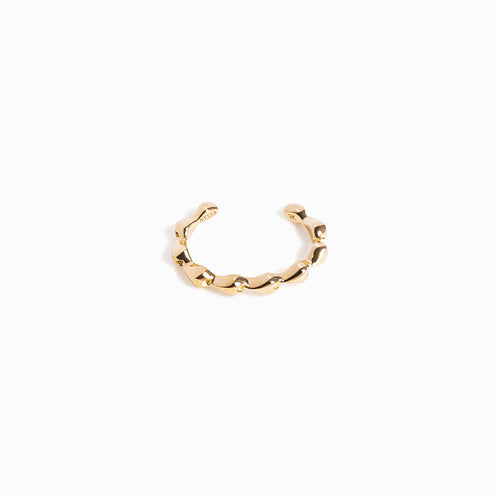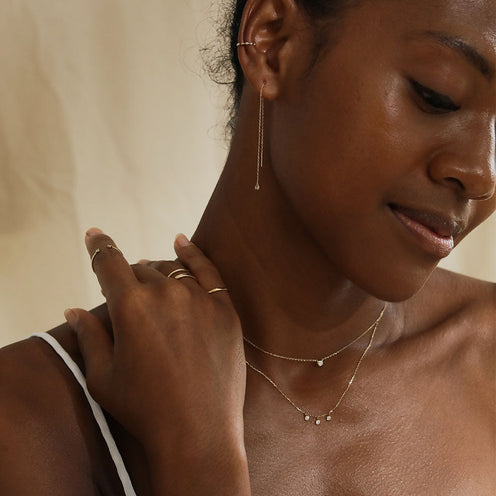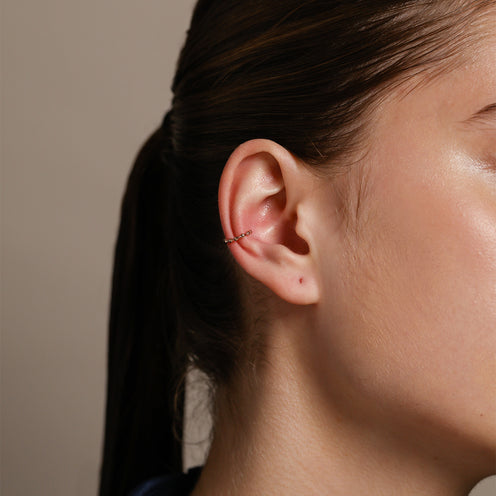
Bottom to top: Pavé Diamond Pear Ring, Spheres Ring, Symmetrical Beaded Ring, Wave Ring
We craft our jewellery to last up to a lifetime. Made of 9k and 18k solid gold or not-your-average vermeil (more on that later!), we carefully design each one of our pieces to join you on your adventures, both everyday and extraordinary. However, it's important to give your fines a little TLC every now and then to keep them looking as new. In this handy little guide, we'll be spilling some quick tips and tricks on how to care for and clean your jewellery.
First things first
-
Remember to take off your jewellery before doing heavy work such as household cleaning, gardening and sports to prevent scuffing, scratching or damage from harsh chemicals.
-
When you're not wearing your fines, keep them safe in a lined jewellery box or soft fabric pouch. Make sure to store your pieces separately so they won't tangle or scratch.
-
Don't try to DIY a repair. When your jewellery is broken, it's best to take it to a professional jeweller or send it back to us. All of our fines come backed with a 2-year full warranty period, followed by a lifetime warranty on fair wear and tear after those two years have passed.
-
How often you should clean your fines depends on how frequently you wear them, the type of jewellery and, last but definitely not least, the material(s) your fines are made of.
-
In general, jewellery that you wear often or on the daily should be cleaned weekly to get rid of build-up from products, dirt, oils, sweat and the likes. Jewellery made with more sensitive materials such as pearls and vermeil last longer if you give them a quick rub with a soft cloth after every wear.
-
Earrings and rings need to be cleaned more often than necklaces and bracelets as they come into contact with more germs and substances, collecting build-up over time. We recommend cleaning your earrings at least once a week, your rings every one to two weeks, and your necklaces and bracelets once a month.
Below, we'll dive into the nitty-gritty of each material, so you'll know how to clean your jewellery correctly so as to not damage the materials.
Materials & Care

Gold
Solid gold jewellery is the most low-maintenance of all. Allow us to throw in a little science to explain. A lot of materials show a chemical reaction when exposed to oxygen and water. In its purest form, 24 karats, gold does not. It's a noble, precious metal and the least reactive of all metals. As gold won't react with oxygen, it won't tarnish. However, 24K gold is too soft for jewellery-making, so other metals, called 'alloys', are mixed in to make it more durable. If your jewellery is tarnishing, it isn't the gold but the other metals it is alloyed with. Depending on the percentage of other metals the gold is mixed with, there is a small chance for it to tarnish, but it isn’t very likely.
18K GOLD
18K solid gold jewellery is 75.0% pure gold. It’s a purchase for life, a future heirloom that will last for generations to come.18K is the closest you can get to pure gold without sacrificing durability and strength. It won't fade or tarnish over time, and will still look good after a lifetime of wear.
9K GOLD
Just like 18K gold, 9K solid gold jewellery lasts a lifetime, even when worn every day. Made of 37.5% pure gold, 9K fines are incredibly durable, won't fade and aren't prone to scuffing or scratching. As 9K gold contains more alloys than 18K gold, your fines do need a little extra love so as to not lose their lovely glow.
Caring for solid gold jewellery
Both 9K and 18K gold jewellery need very little maintenance and looking after. You can wear them in the shower, while doing yoga, when putting on lotion, in short, doing your daily things, without worry. However, regular wear may cause dirt, oils and products to build up on your fines, rings and earrings in particular.
Cleaning solid gold jewellery
To clean your solid gold jewellery at home, all you need is warm water, detergent-free soap, and a soft, lint-free cloth. Q-tips are great to clean and dry hard-to-reach spots. Soak your jewellery in the water one at a time for 15-30 minutes, and then gently rub each piece clean. Make sure to thoroughly dry each piece with a paper towel before wearing or storing it.
Shop our solid gold jewellery

Vermeil
Vermeil jewellery is made of 925 sterling silver and plated with a thick layer of gold. To be considered vermeil, the gold coating needs to have a thickness of at least 2.5 microns, and the gold used must be at least 10K in purity. We coat our vermeil jewellery with 5 microns of 18-karat solid gold so you can enjoy your fines for decades with the right care.
Caring for vermeil jewellery
Unlike gold, silver is sensitive to water, which is why vermeil jewellery can't be cleaned in the same way solid gold jewellery can. While your vermeil jewellery can get wet, you should make sure to thoroughly dry your pieces after exposure to water. We recommend you wait five minutes after applying lotions or perfumes before putting on your vermeil fines.
Cleaning vermeil jewellery
To make your vermeil pieces shine again, gently buff them with a lint-free cloth to polish as and when needed. You can use a dry Q-tip to clean or dry hard-to-reach spots.
Shop our vermeil jewellery
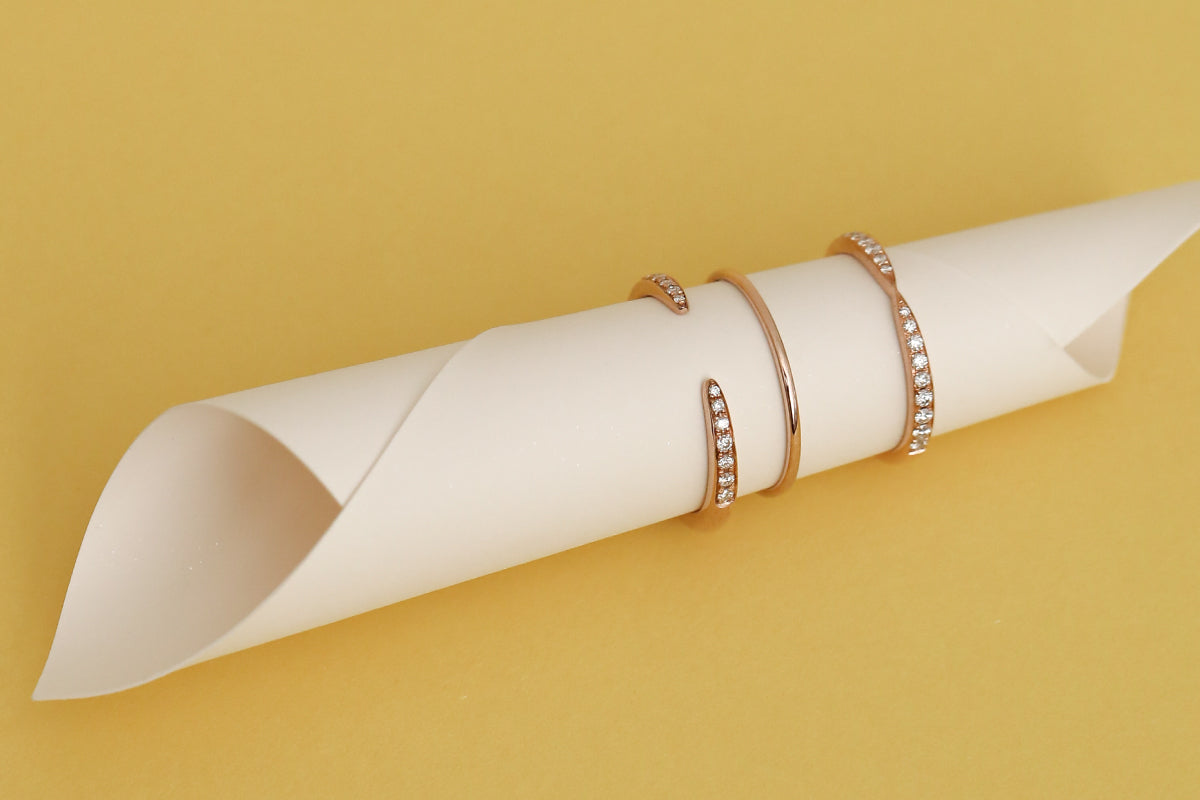
Diamonds and Gemstones
A diamond isn't just beautiful; it's amazingly strong too. Did you know that diamond is currently known as one of the hardest materials in the world? It rates 10 on Mohs’ scale of hardness — a chart of relative hardness of the various minerals, ranging from 1 being the softest to 10 being the hardest.
A diamond is scratch-proof and resistant to water, making it extremely suitable for everyday wear. However, be aware that by being hydrophobic, diamonds are natural magnets for oil and need to be cleaned regularly to stay sparkly. We recommend you to give your diamond fines a quick wash every week.
Other precious and semi-precious stones we work with, like sapphire, amethyst and rhodolite, are all fairly hard — rated on the upper end of Mohs’ scale — making them easy to wear and care for.
Cleaning diamond and gemstone jewellery
You can clean your diamond and gemstone jewellery at home with warm water, detergent-free soap and a soft, lint-free cloth. A Q-tip or baby toothbrush are great tools for cleaning harder-to-reach spots, such as the prongs holding your gems.
When cleaning stones other than diamonds, be really gentle, or else you may end up scratching your gems.
If your gemstone fines are made with vermeil, try to only scrub your water and soap mixture on the stones because moisture may cause the rest of your piece to tarnish faster.
Shop our diamond jewellery and our gemstone jewellery

Pearls
Caring for pearl jewellery
We've got good news for pearl lovers: one of the best and easiest ways to keep your pearls looking lustrous is to wear them regularly.
Why, you may ask? Well, it's pretty simple: Pearls are formed by living organisms underwater and need moisture to maintain their natural sheen. Luckily, your body's natural oil will do the trick!
As much as pearls love to soak up moisture, they aren't too big a fan of swimming pools and showers. Pearls are porous: the chlorine in the water will eat away the pearl nacre and the epoxy securing the pearls, so make sure to take off your pearls before swimming or showering.
But these aren't the only pearls of wisdom we've got for you. The chemicals in cosmetics such as hairspray, lotions, makeup and perfume can also damage a pearl's nacres. As a general rule, pearl jewellery should be the last thing you put on when getting ready and the first thing you take off before beginning your nighttime routine.
Cleaning pearl jewellery
We recommend wiping your pearls with a soft, lint-free cloth after every wear to get rid of oil build-up, sweat, dirt and products. If you see stains on your pearls, use a damp cloth — and, if necessary, a small drop of mild, perfume-free soap — to gently wipe them clean. Let the pearls air-dry afterwards, and voilà, they're good as new again!
Make sure to store your pearls in a jewellery box or pouch that allows for air circulation (you want to keep them moisturised!) and away from direct heat sources. Prolonged exposure to high heat will cause your pearls to dry out, discolour and even crack.
